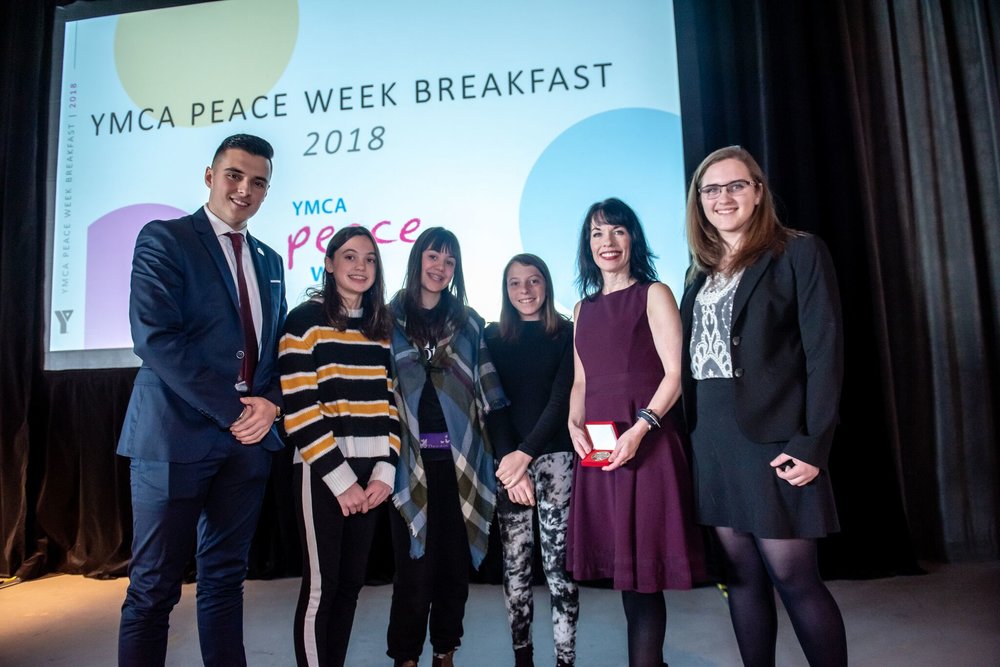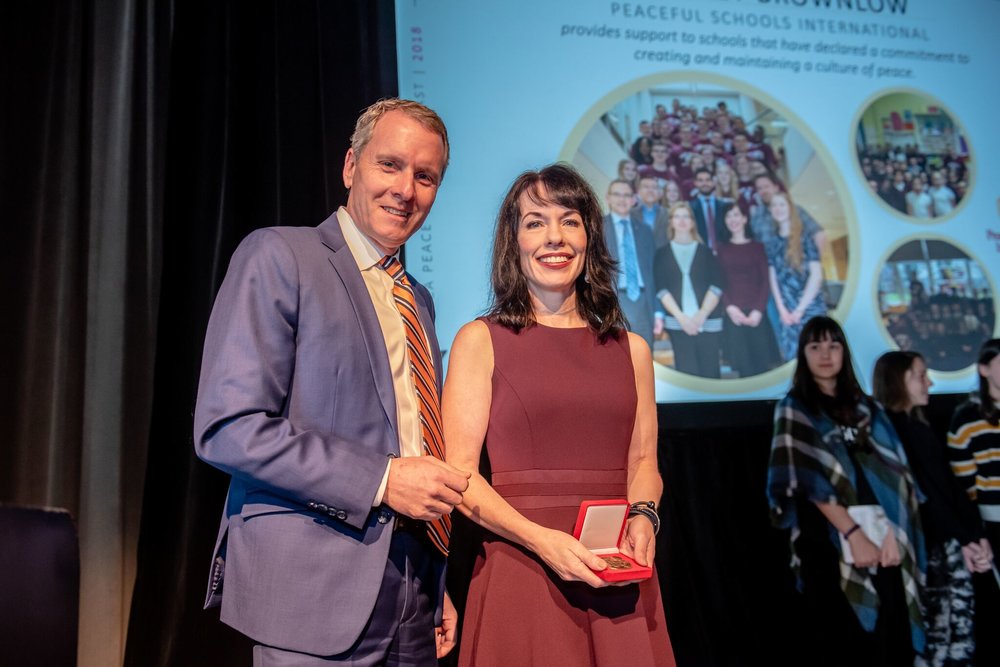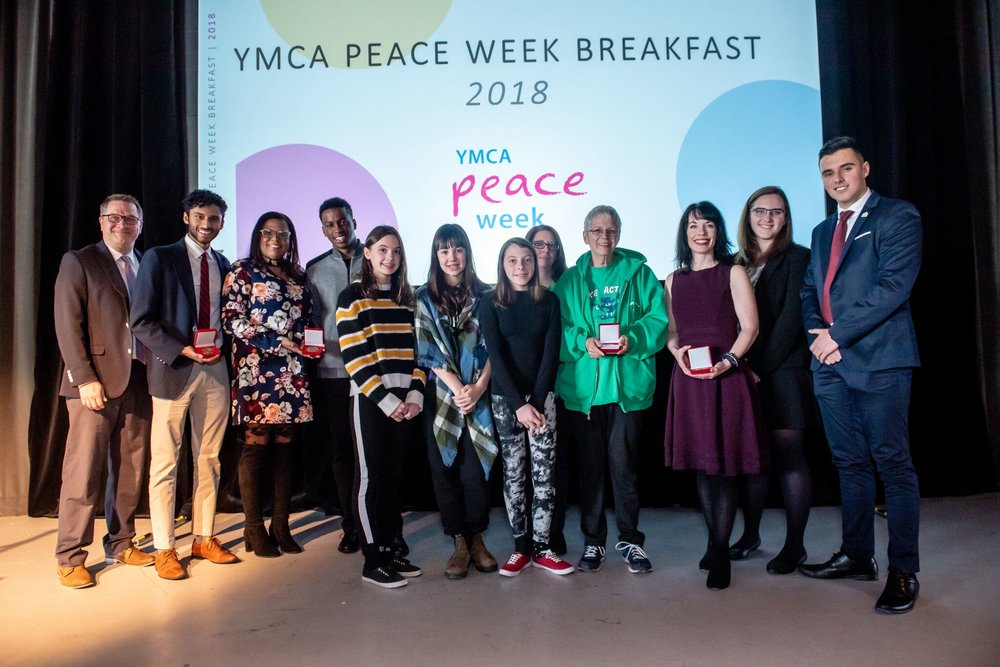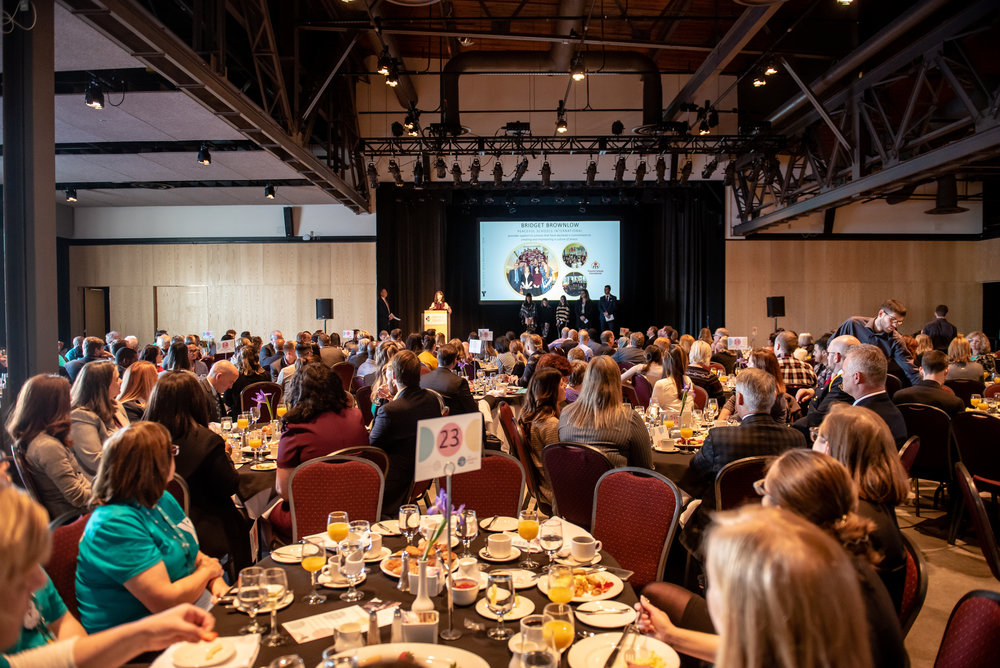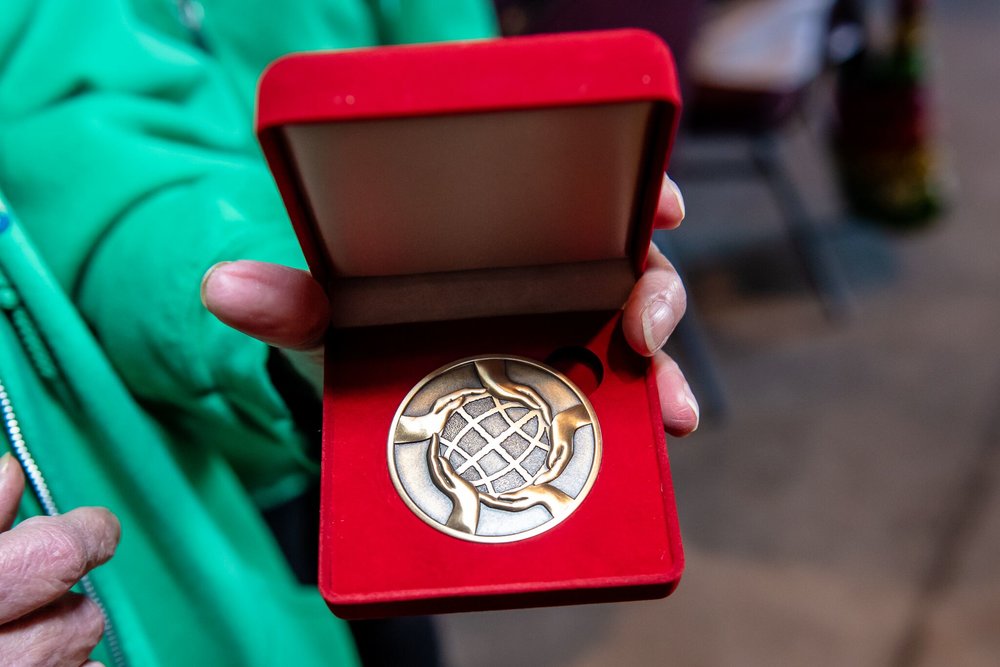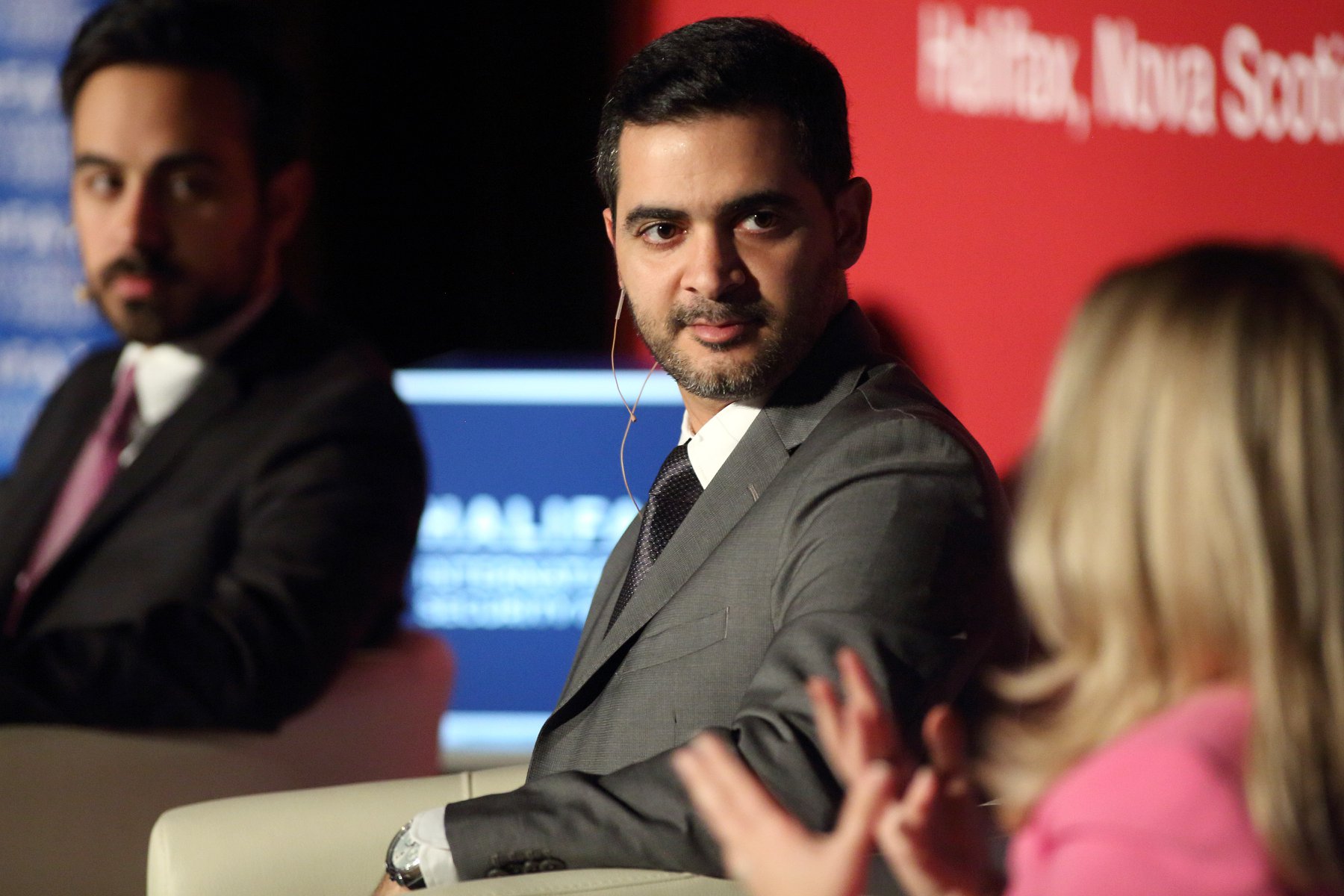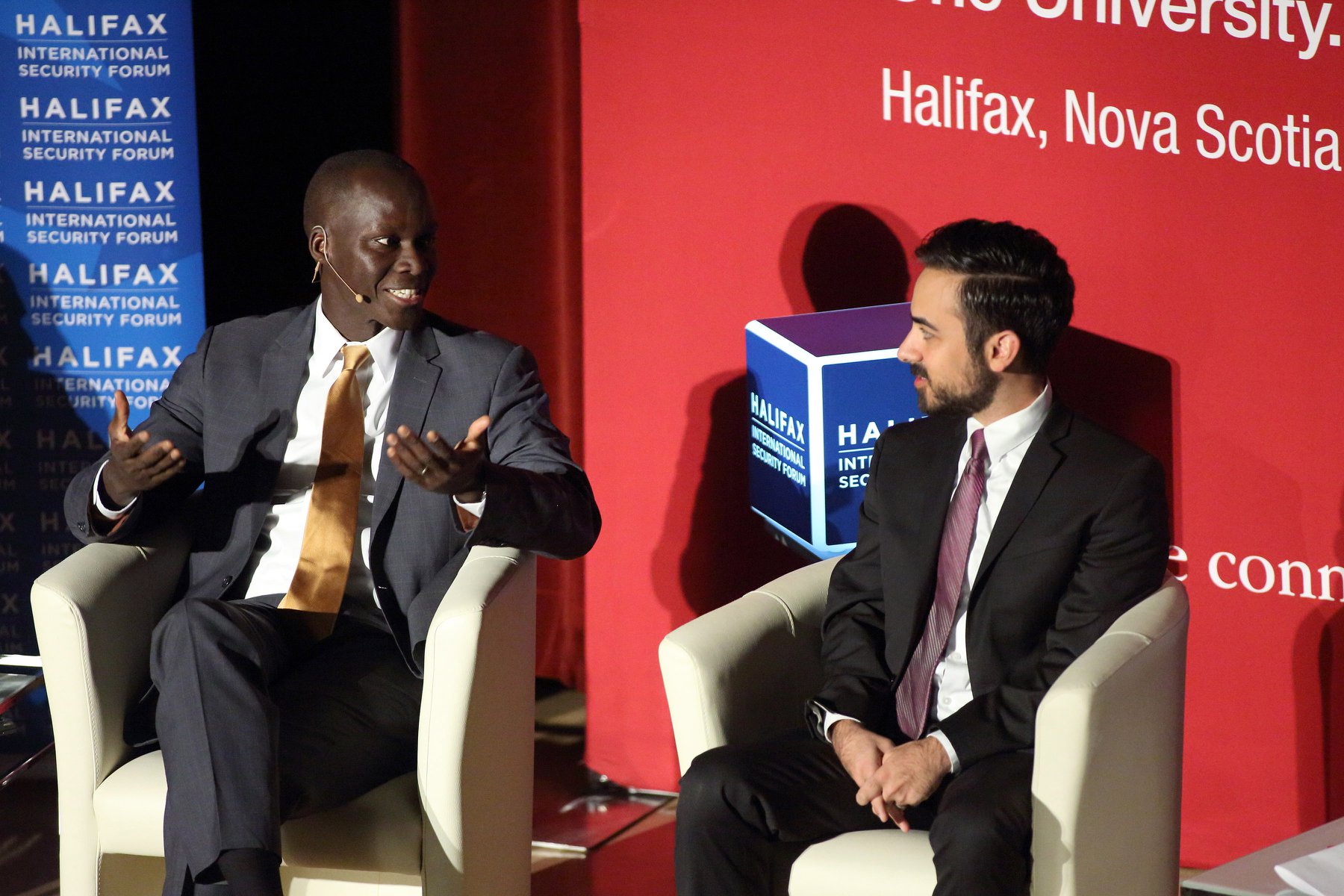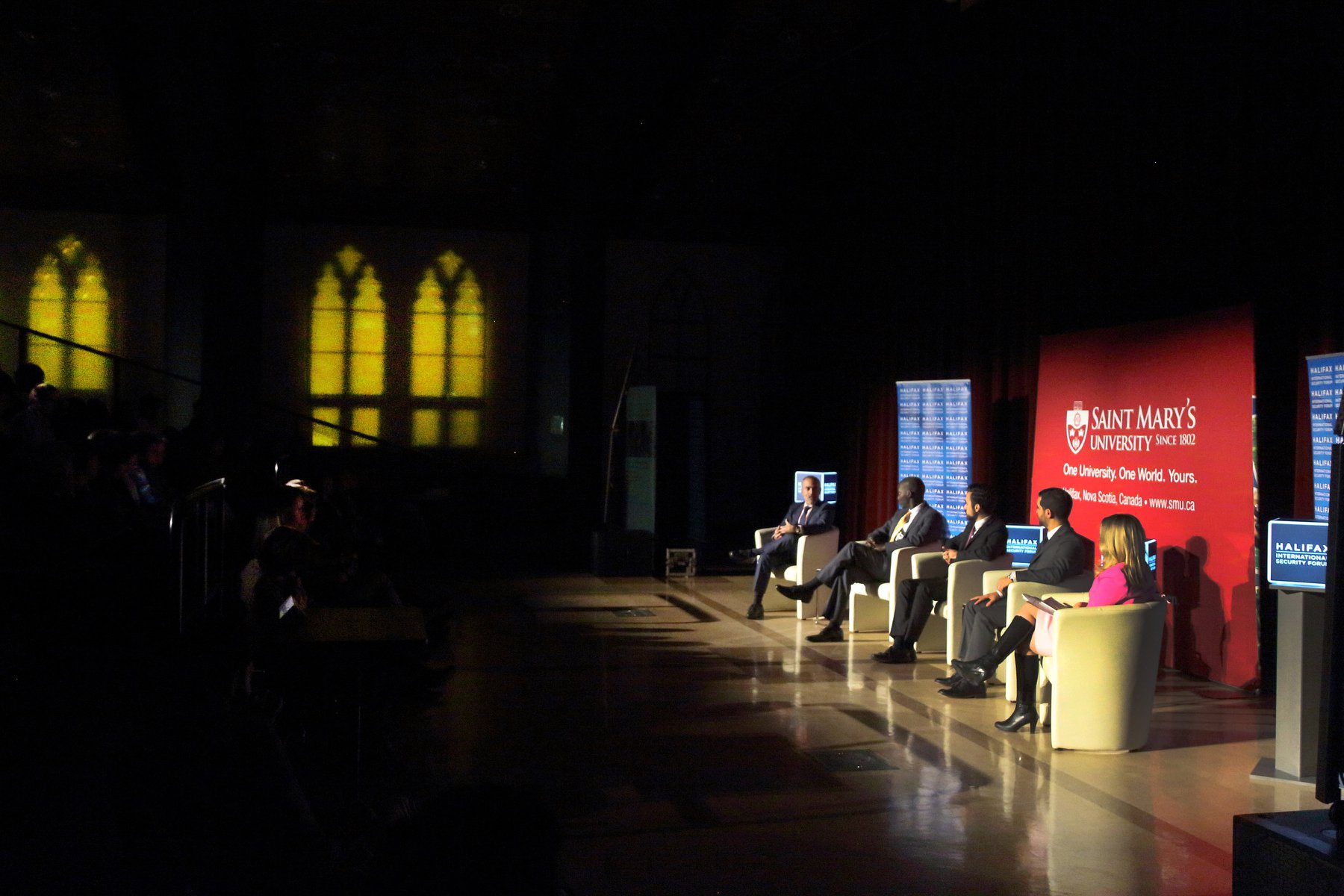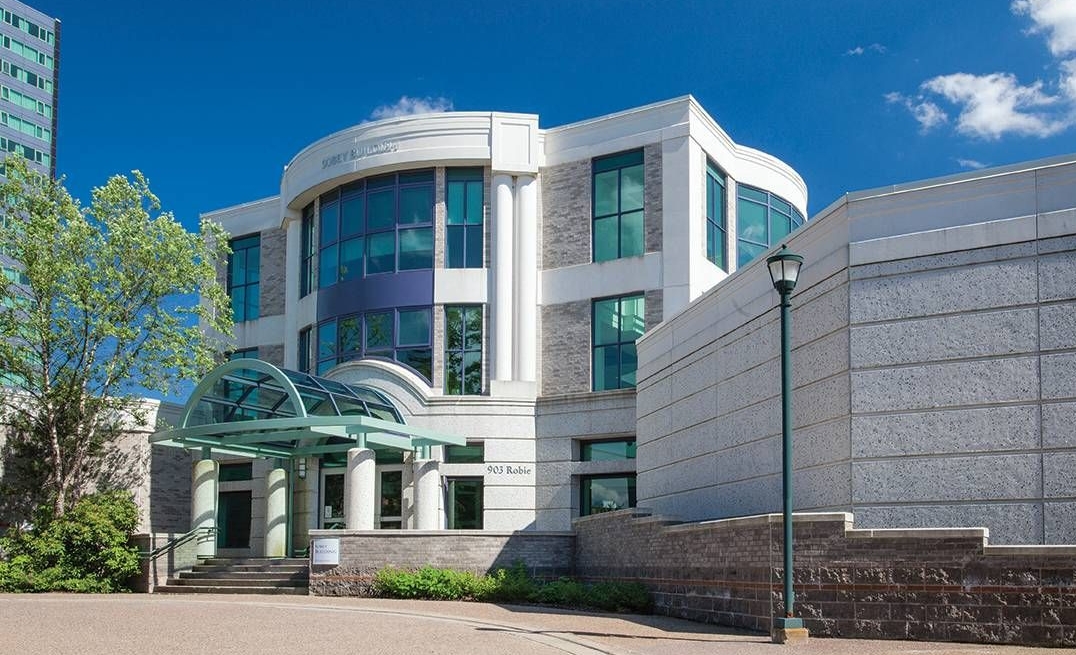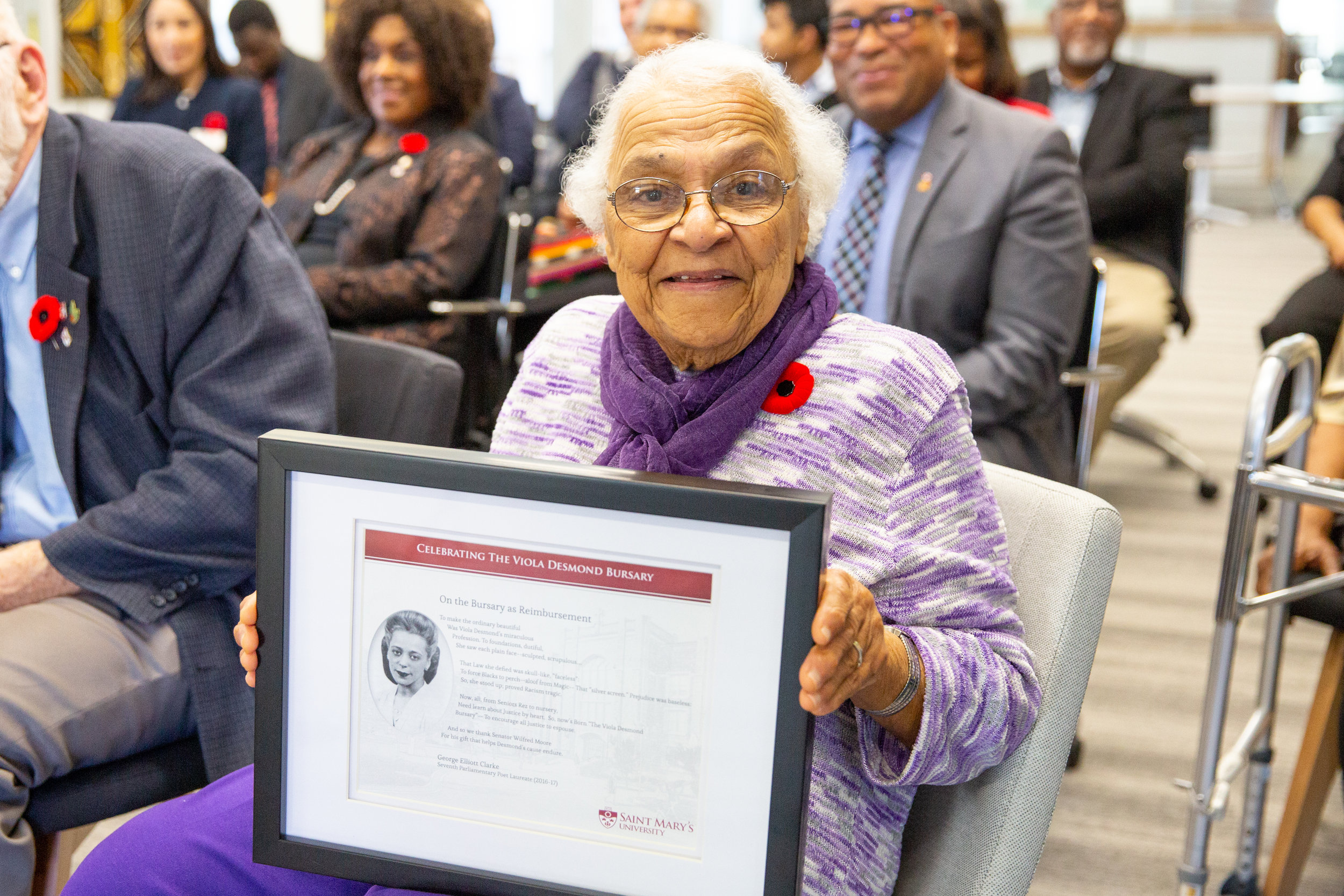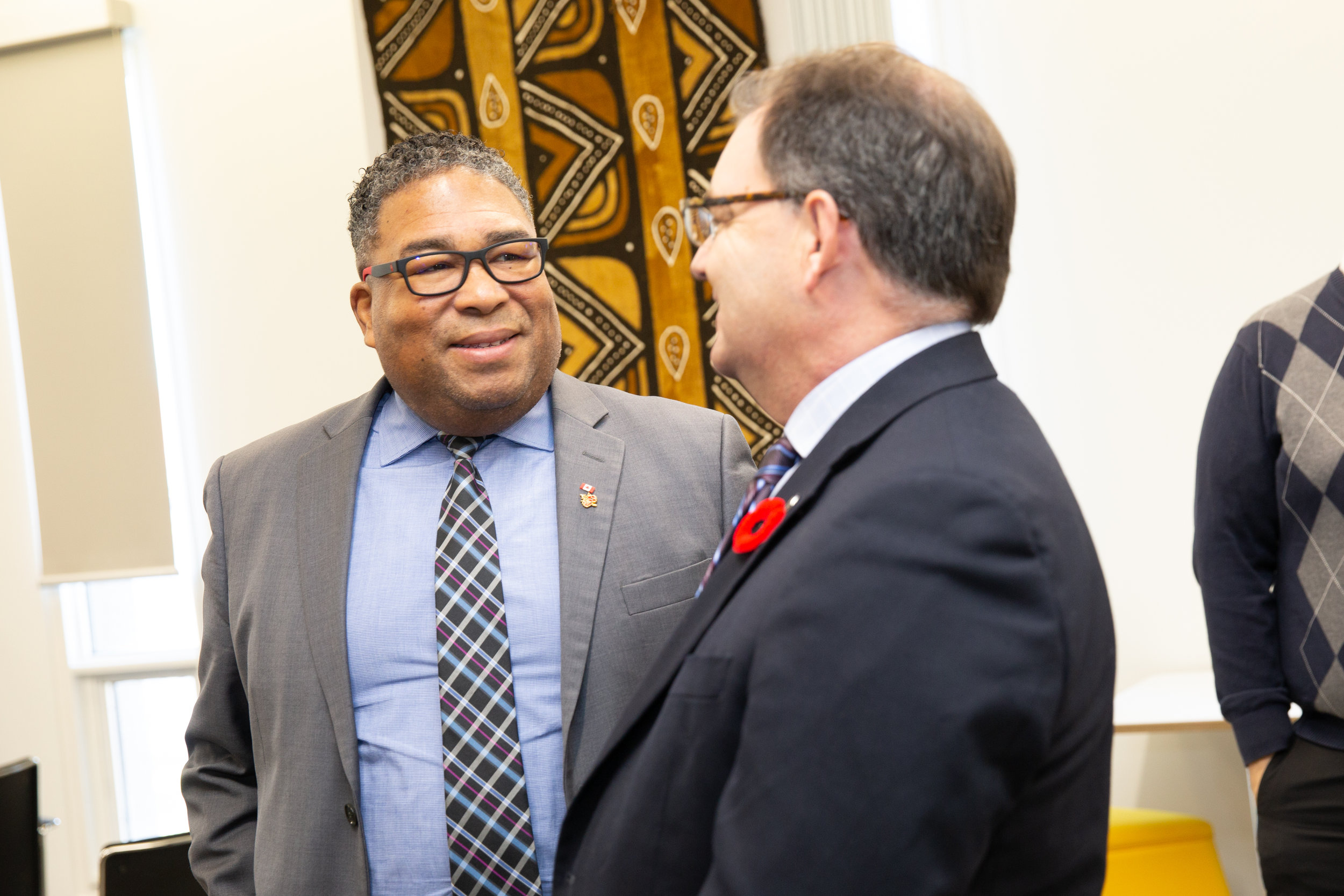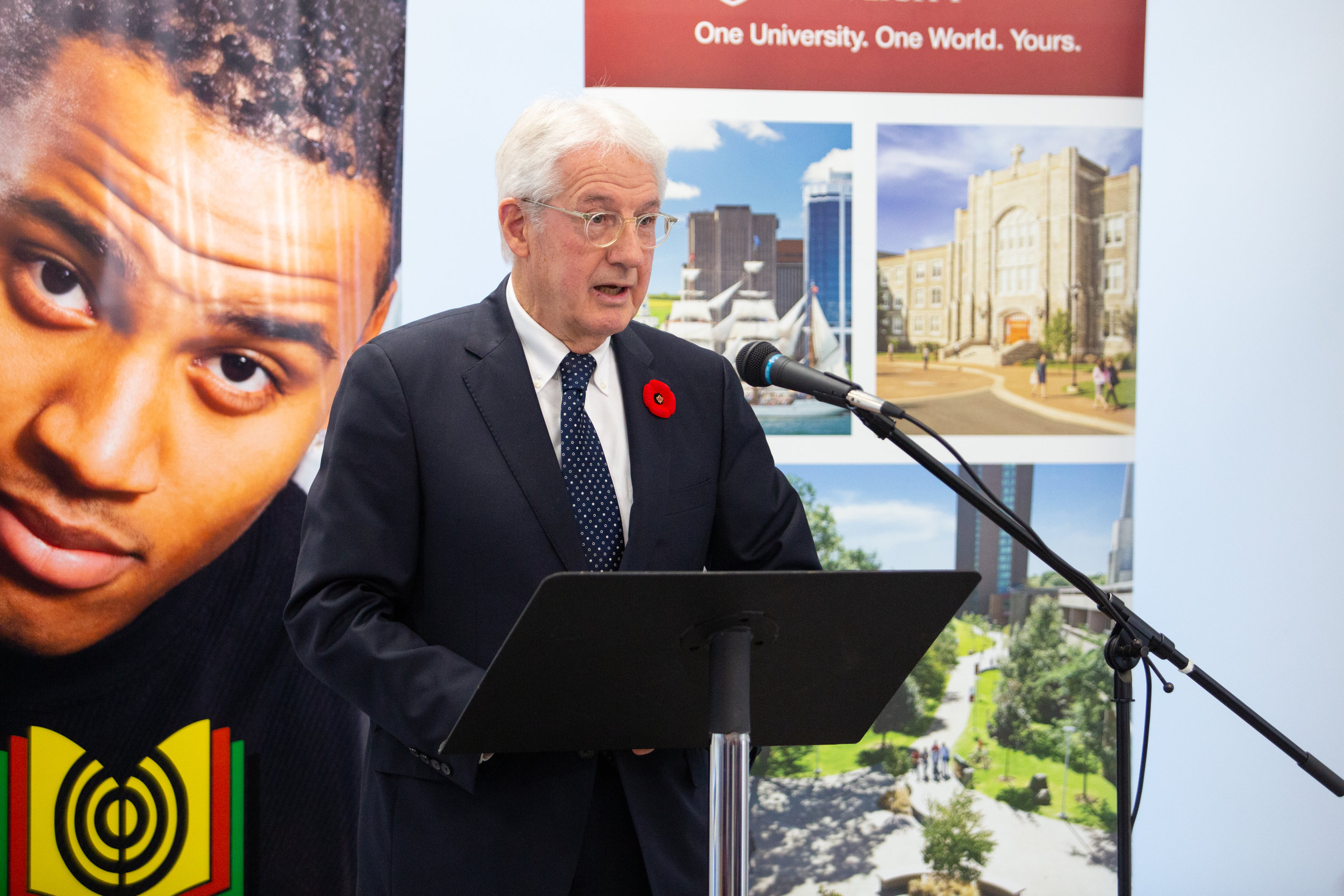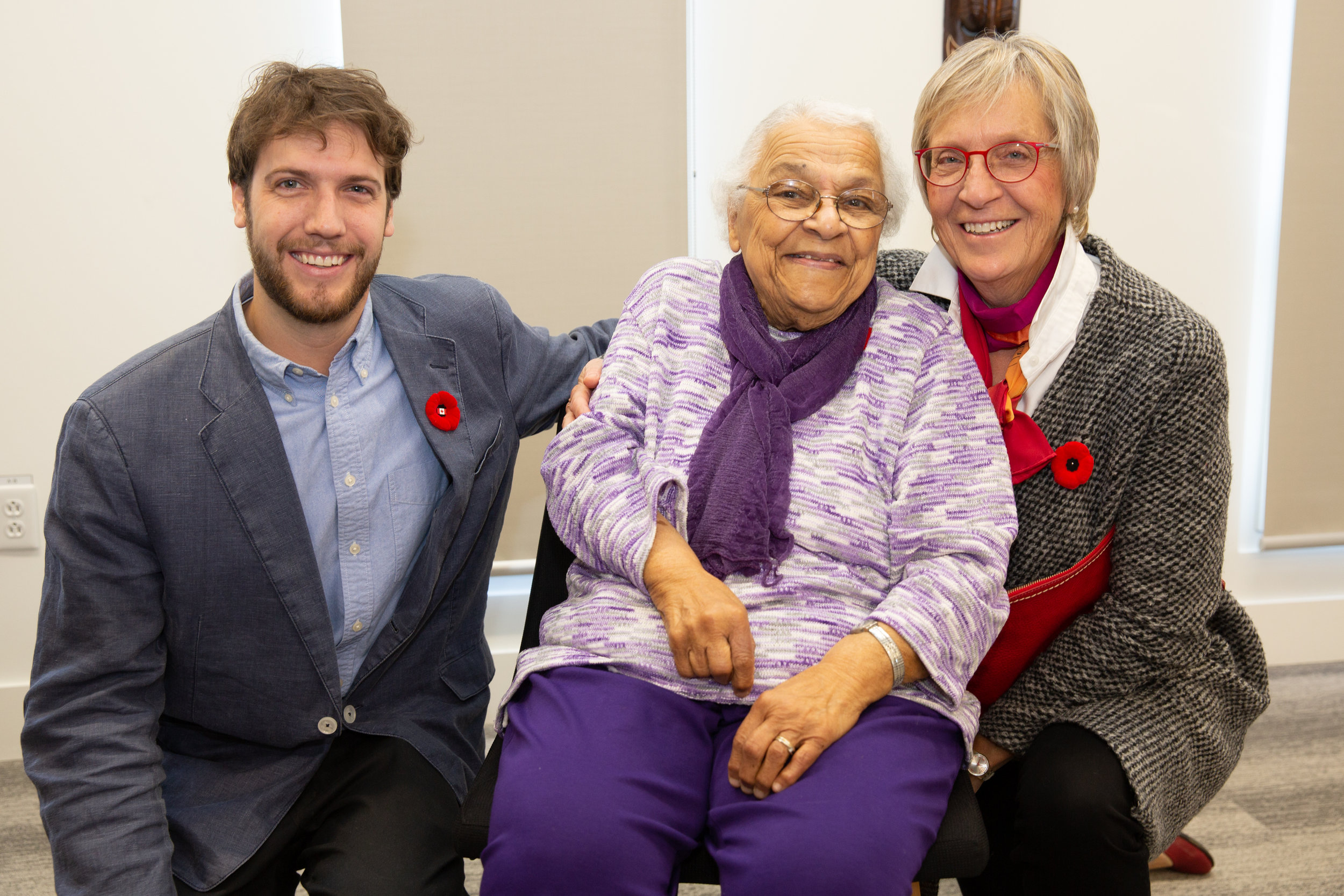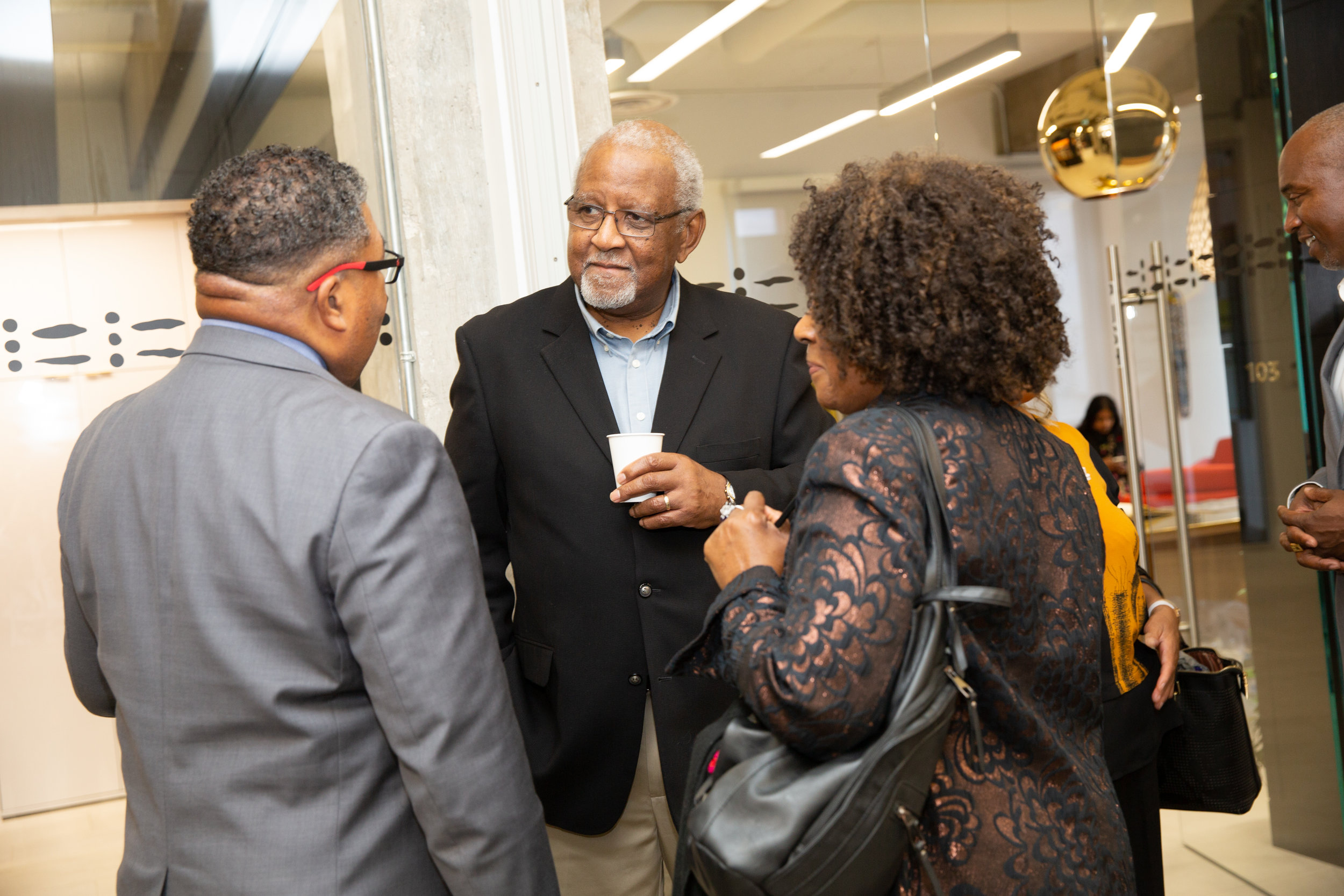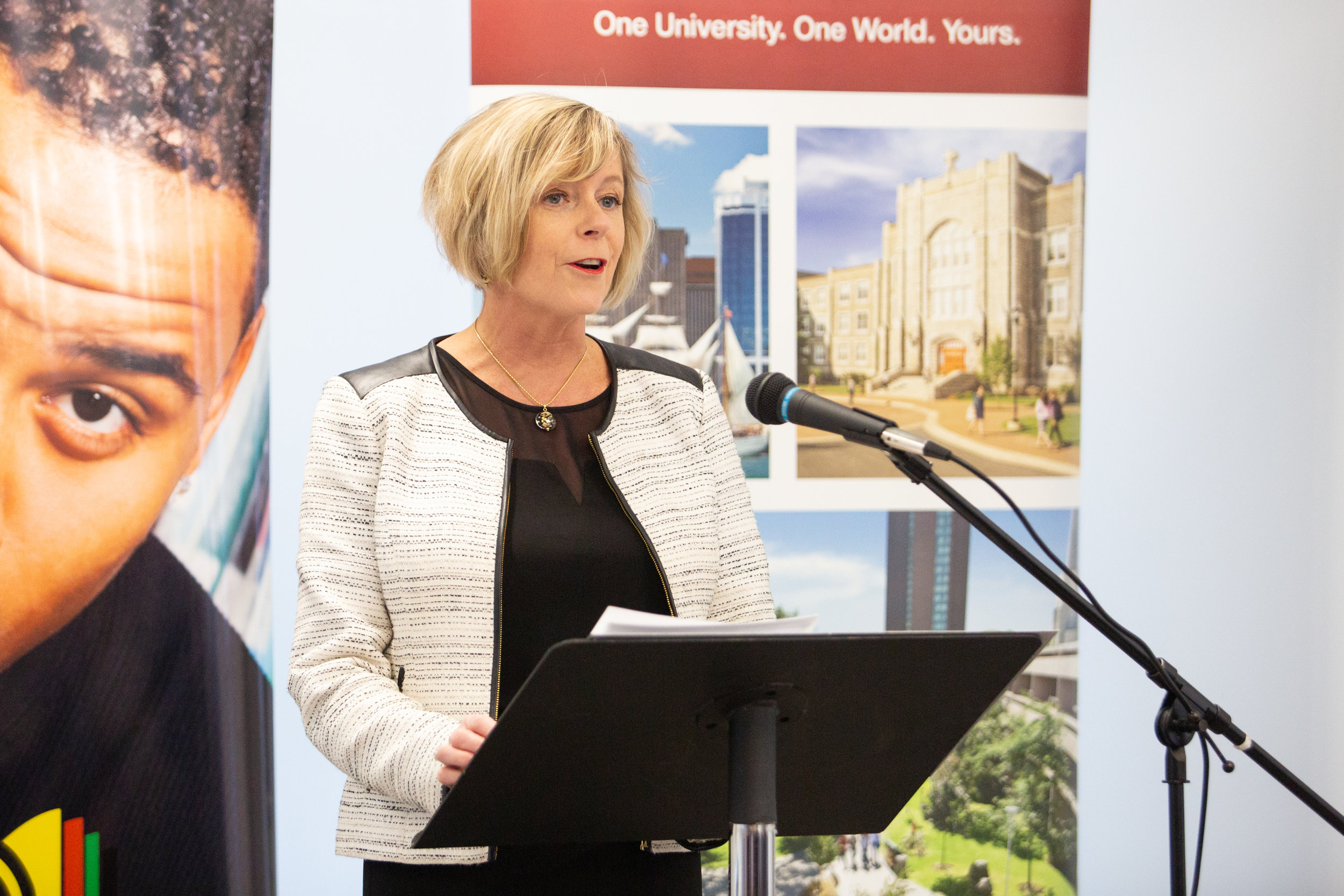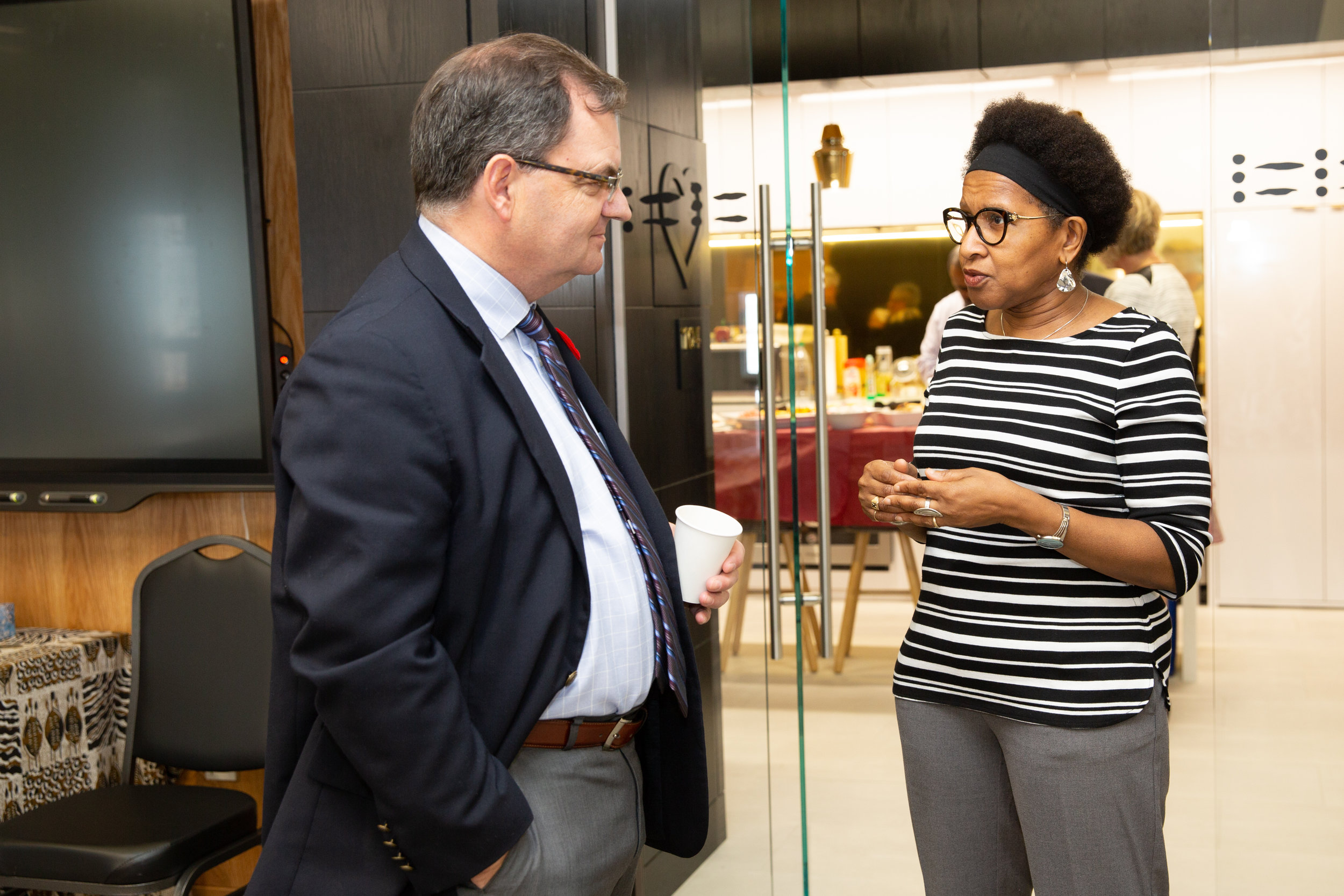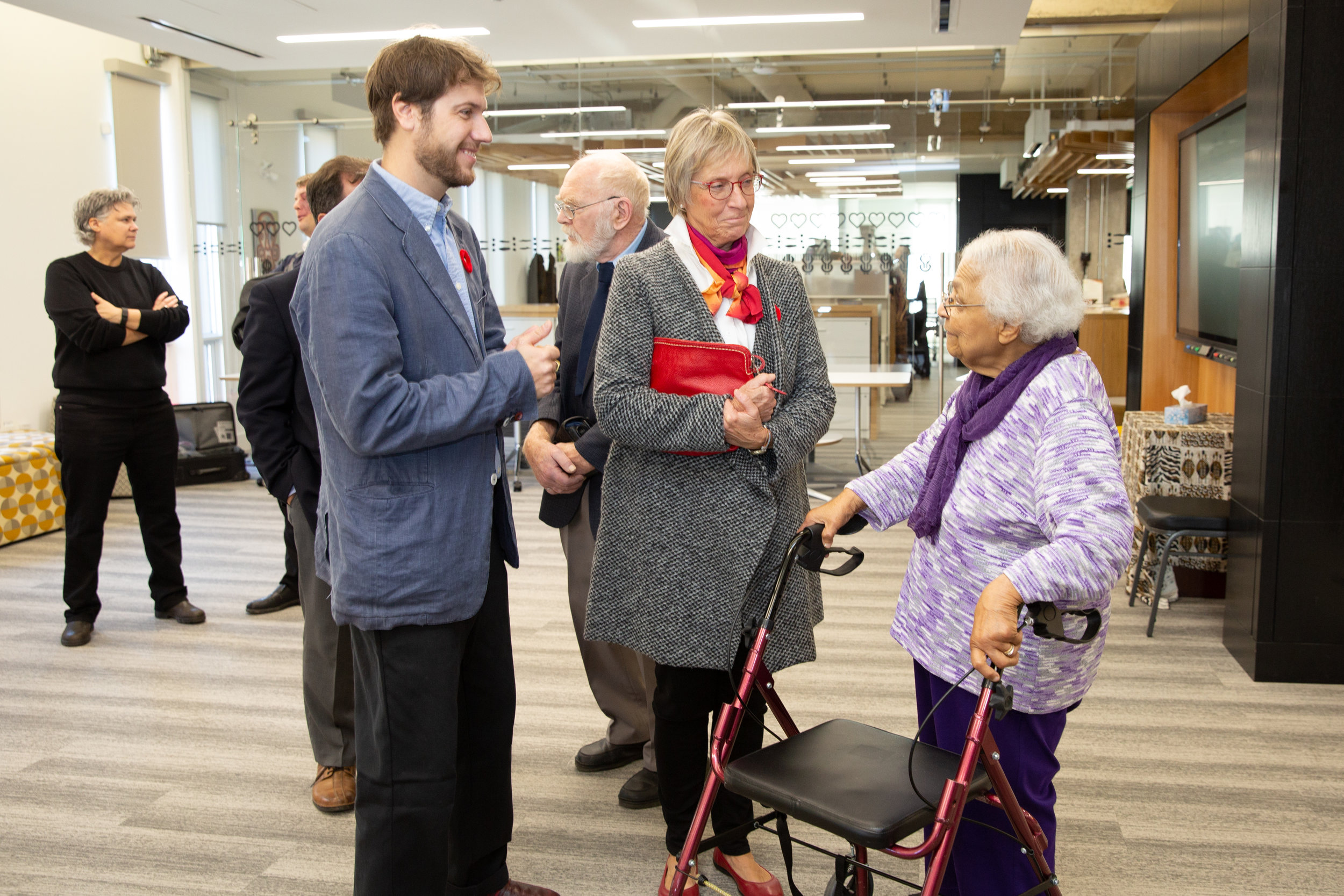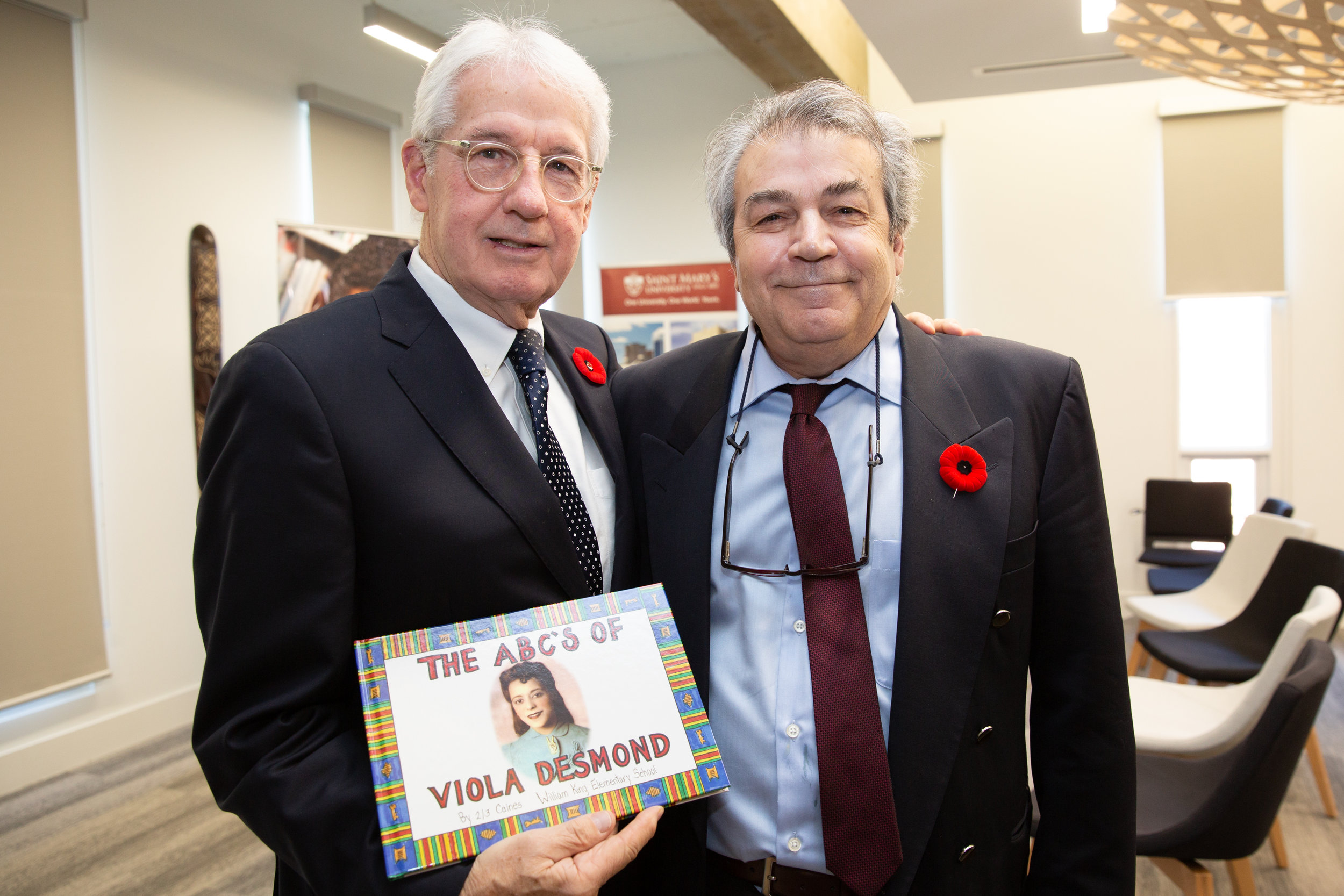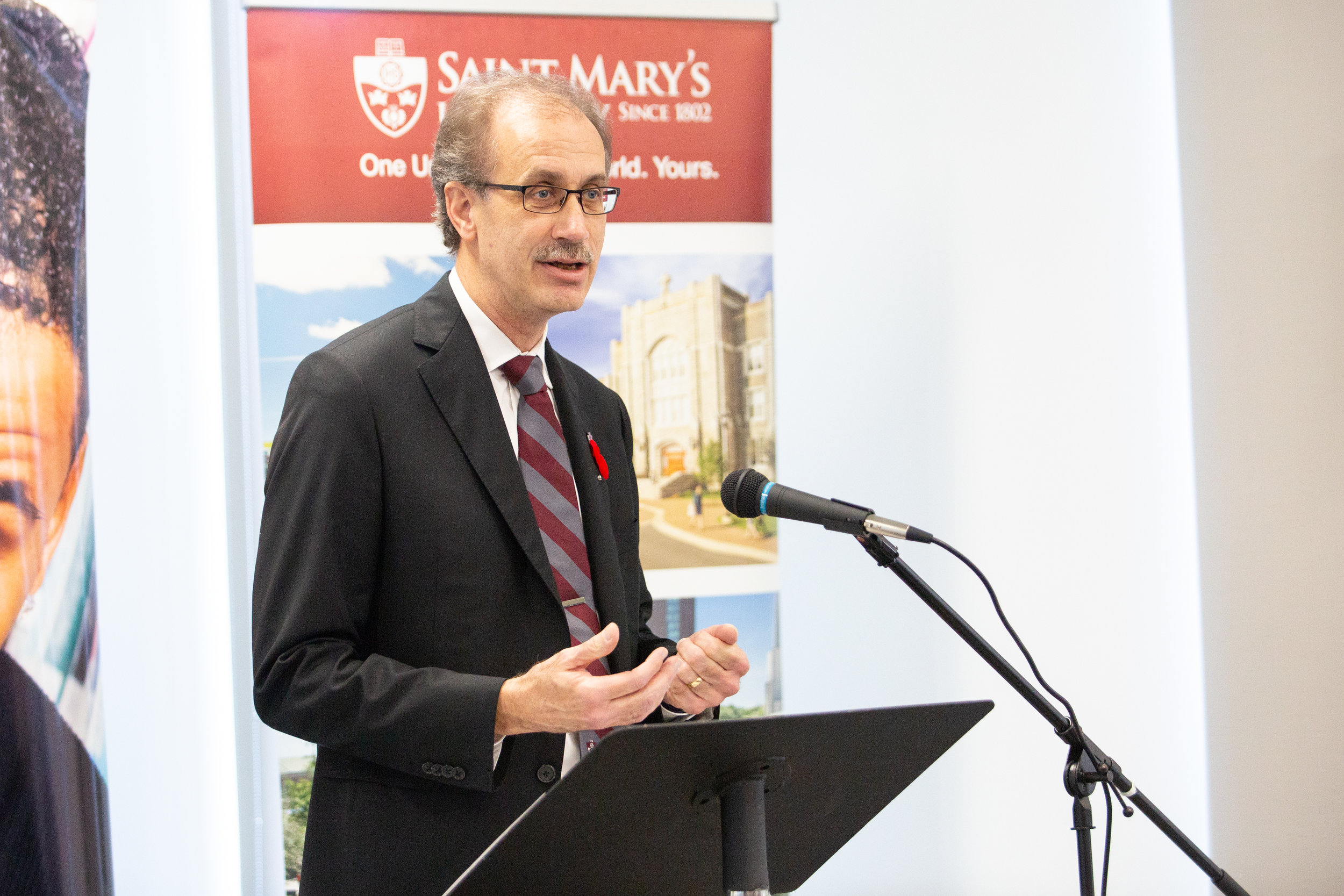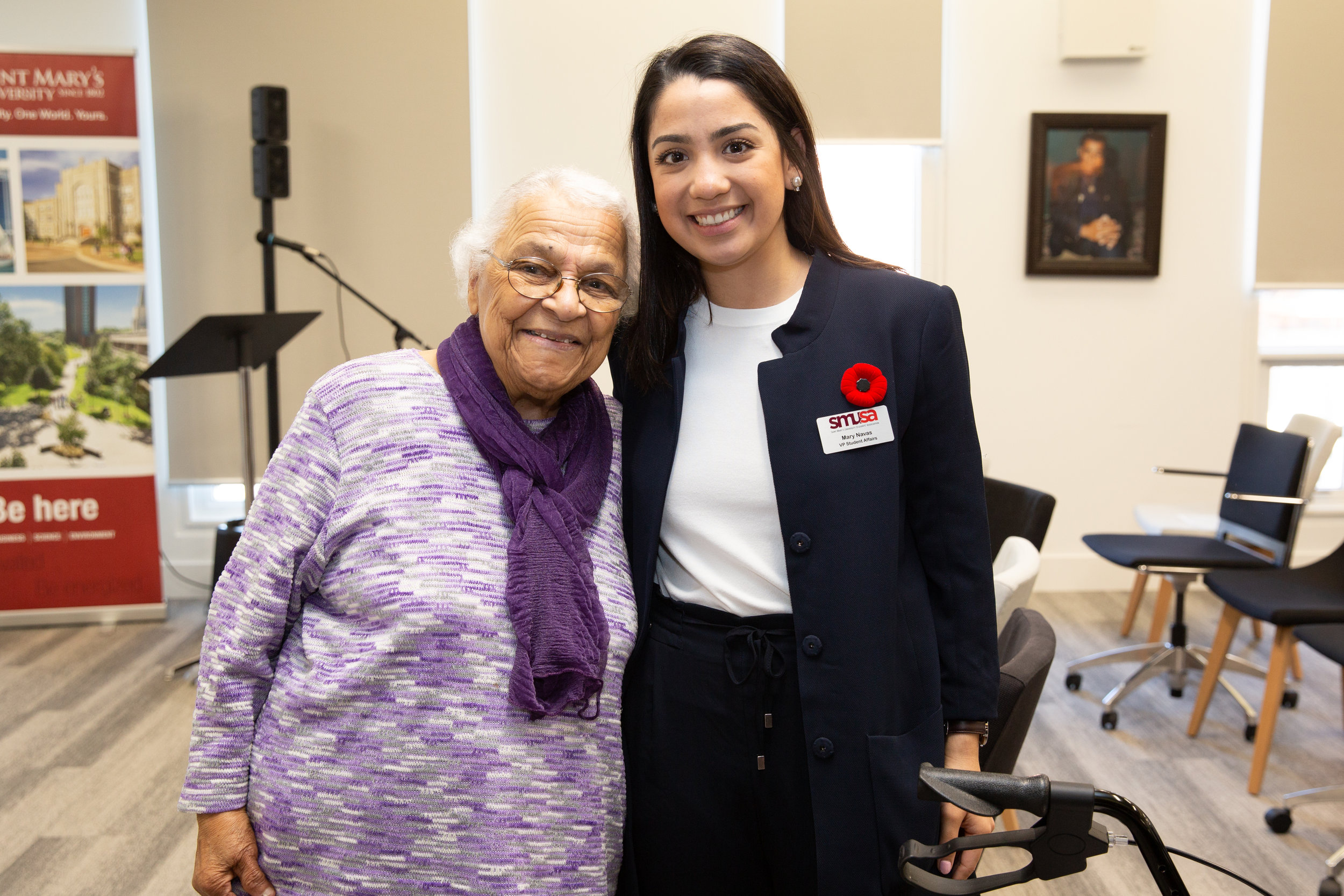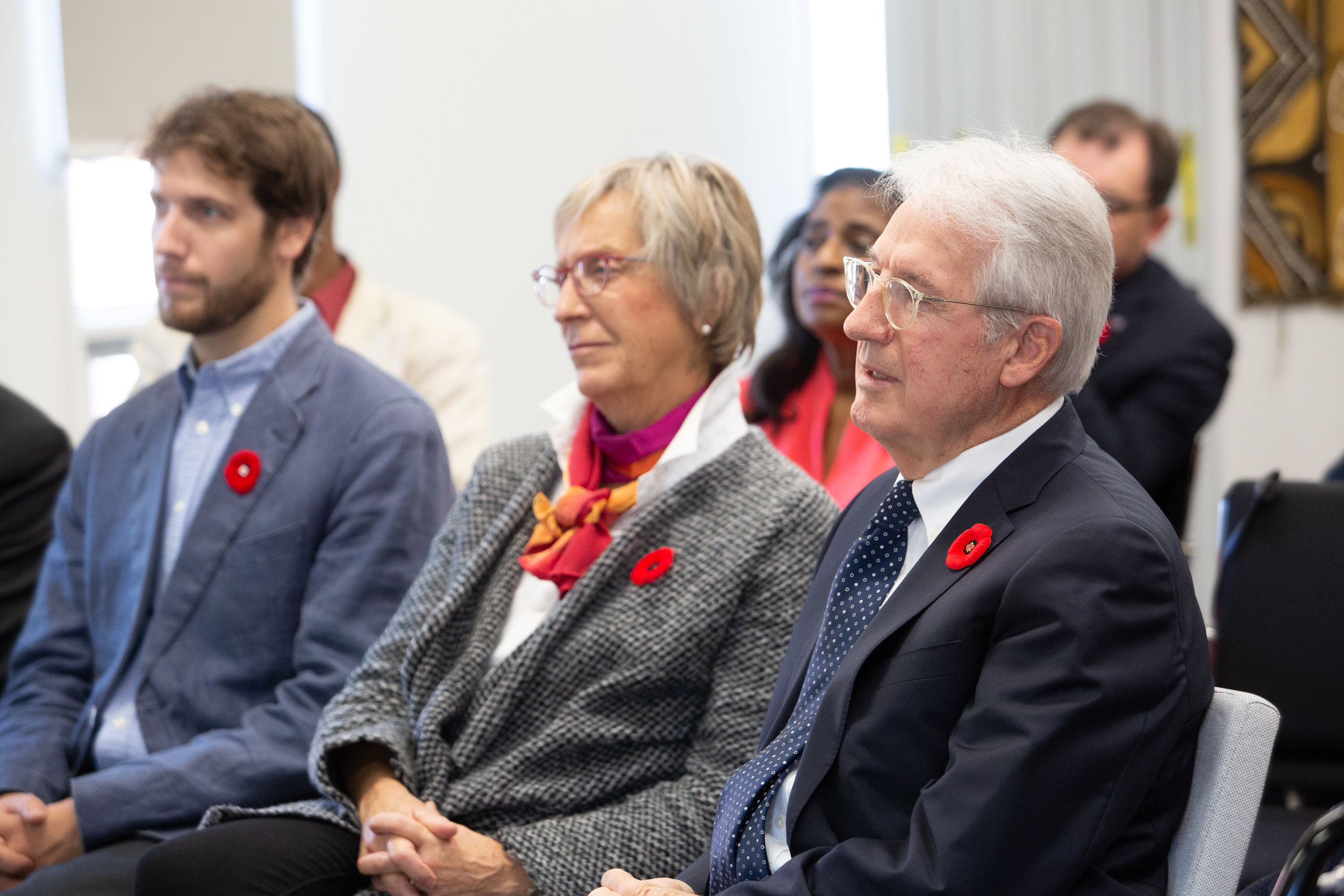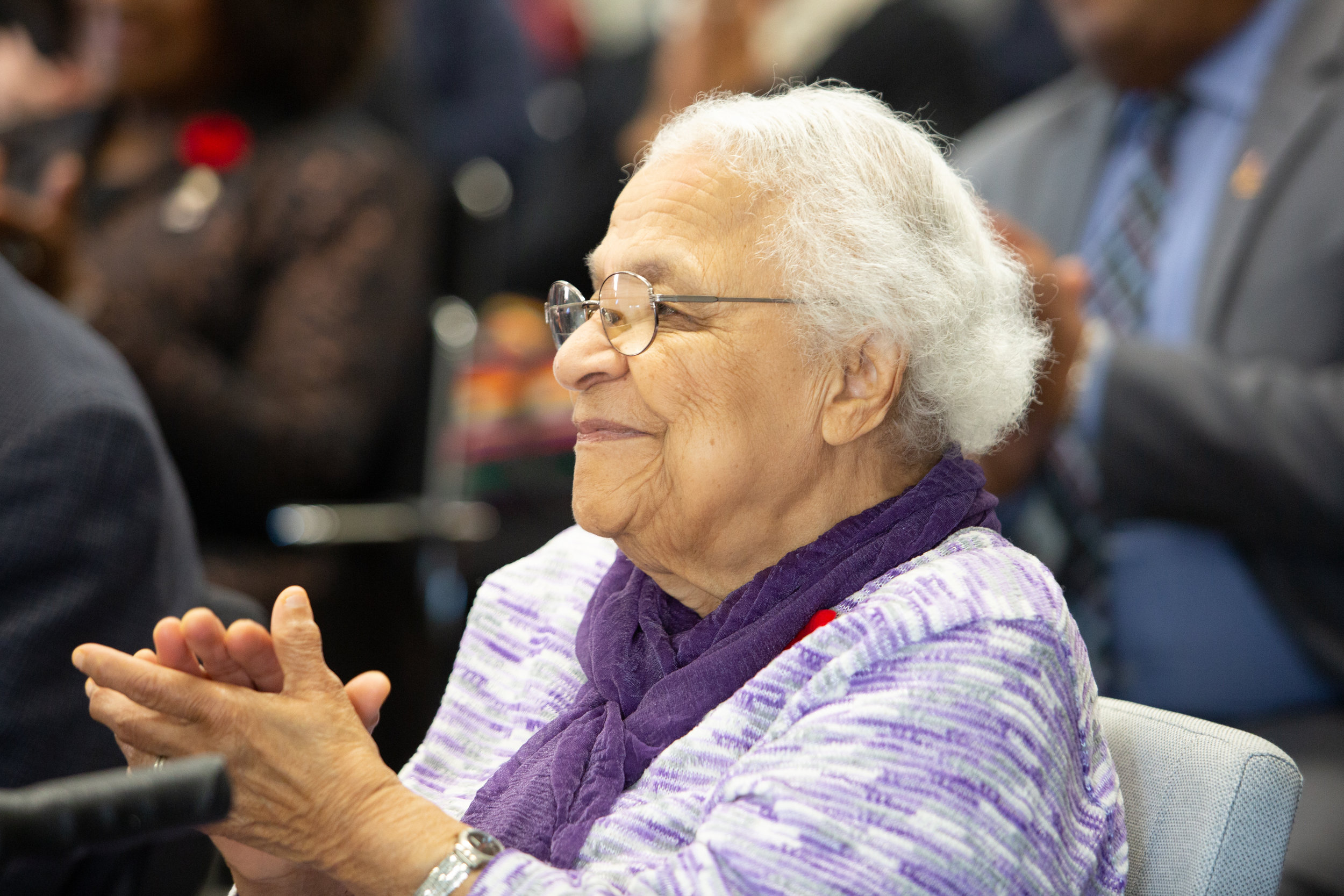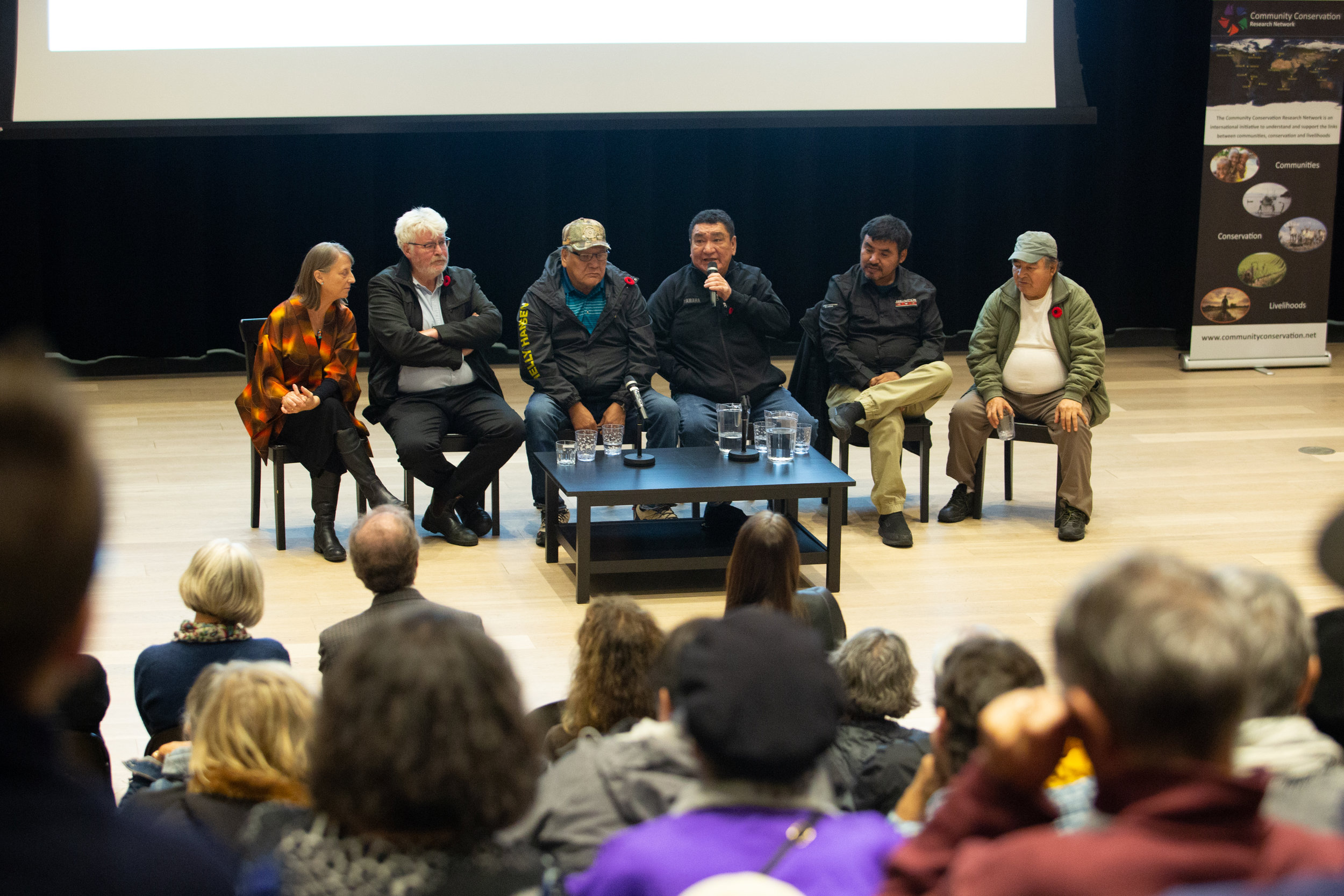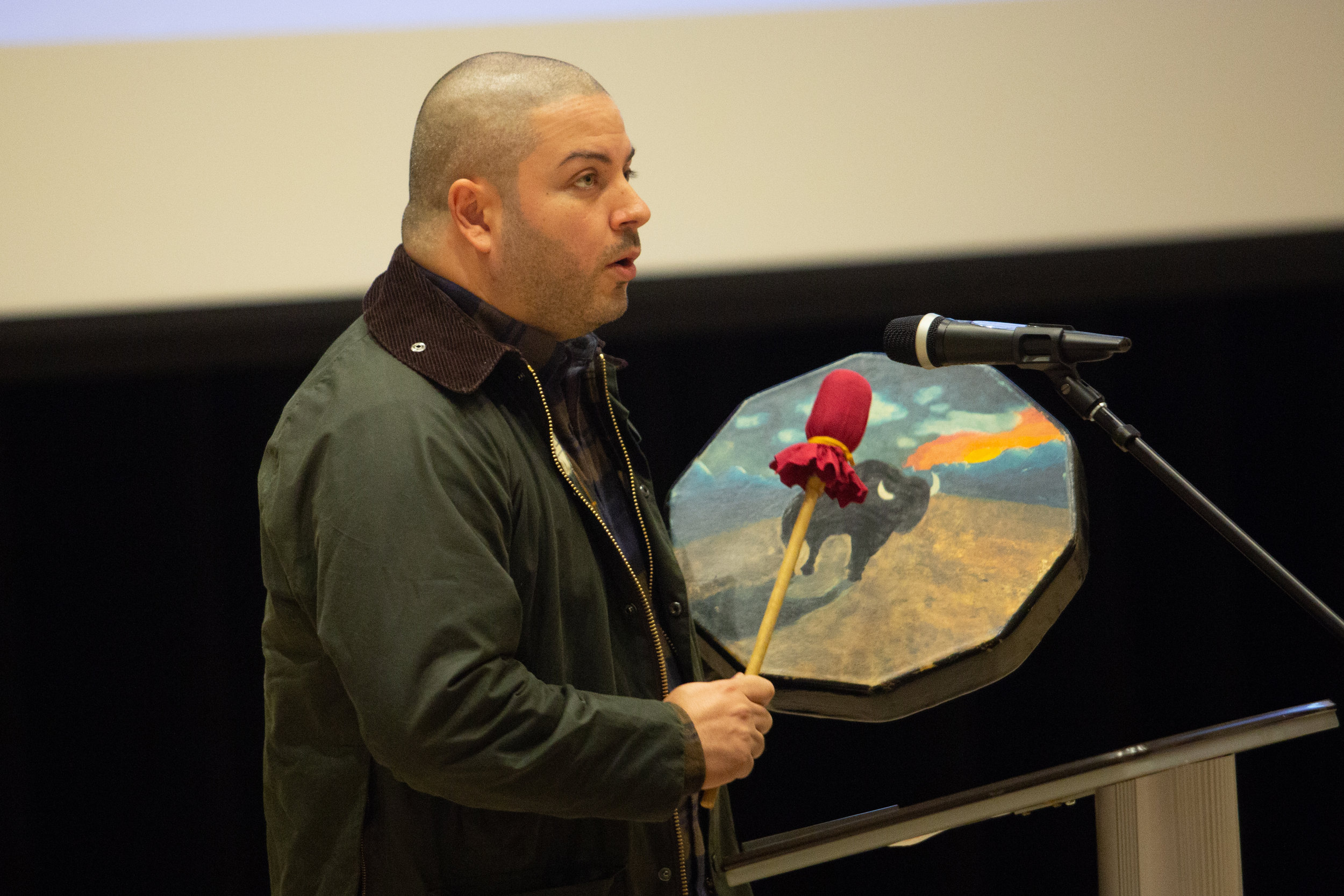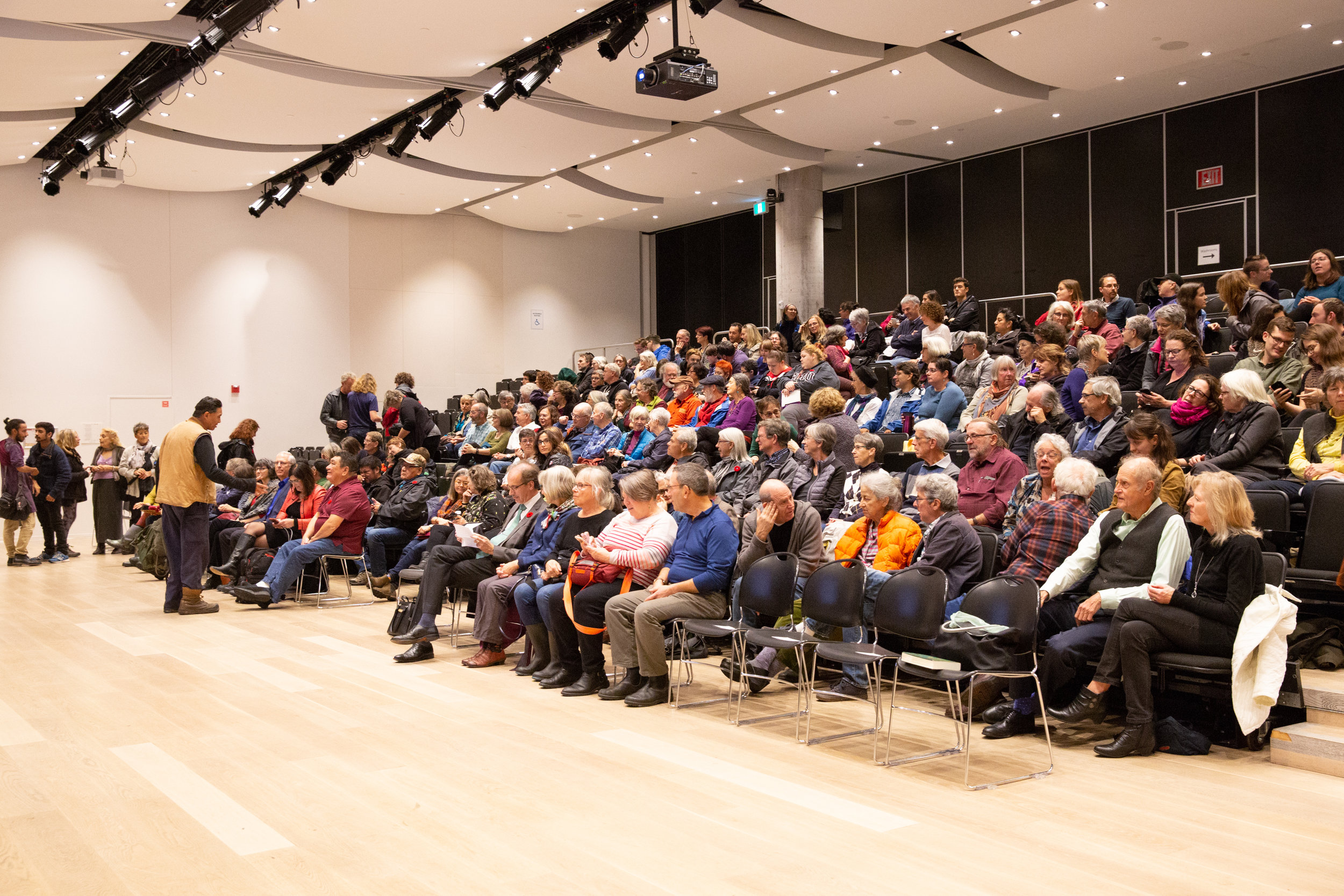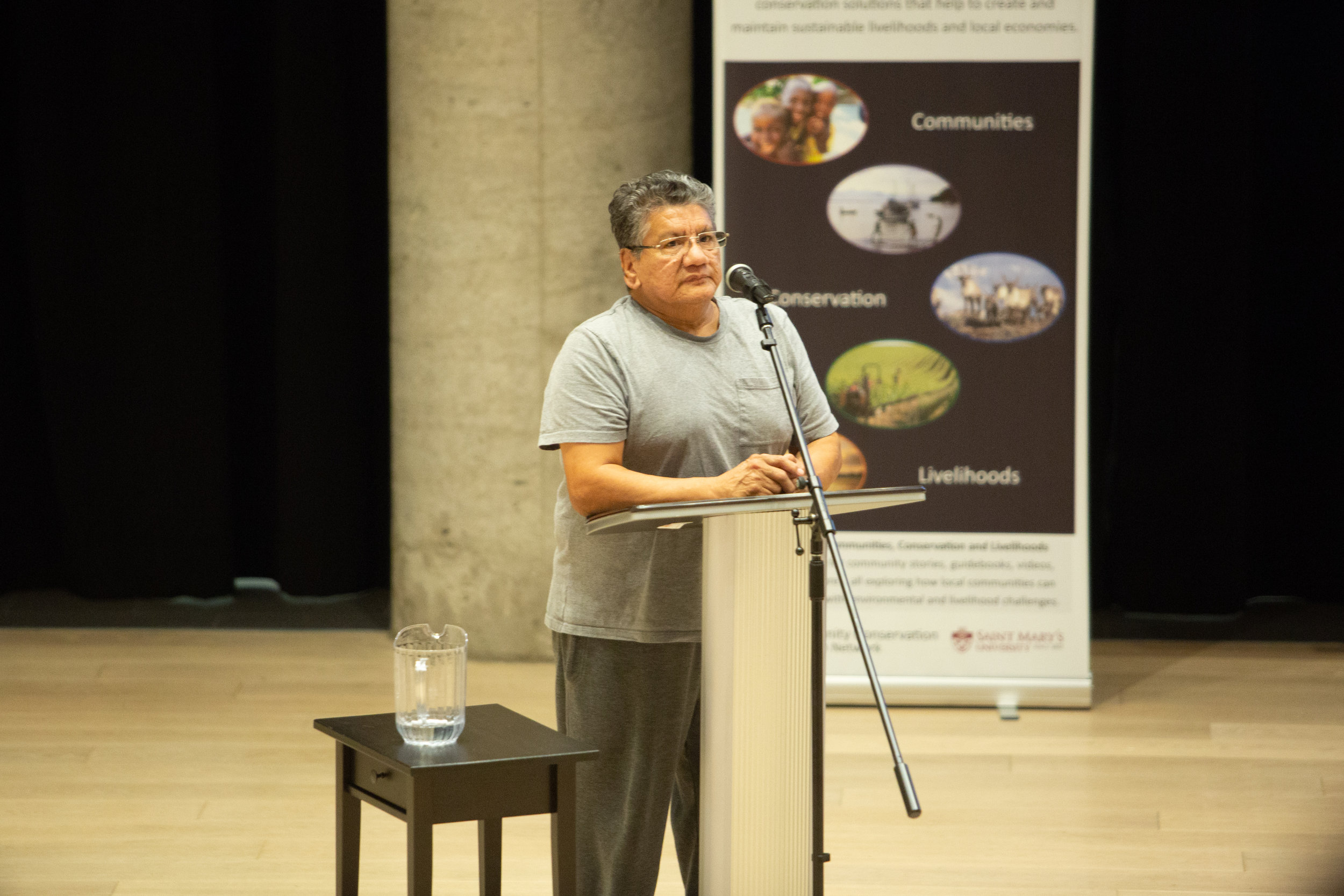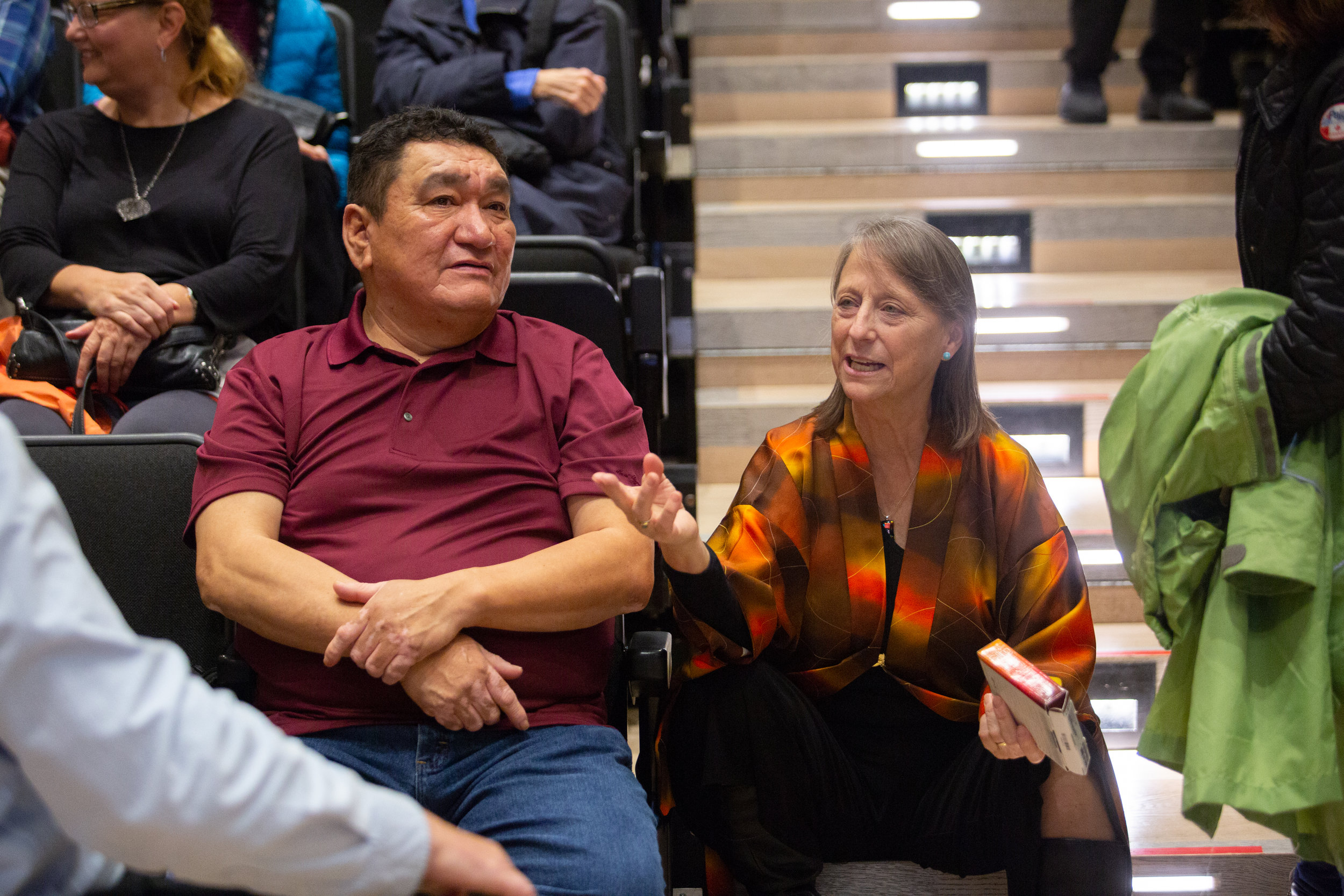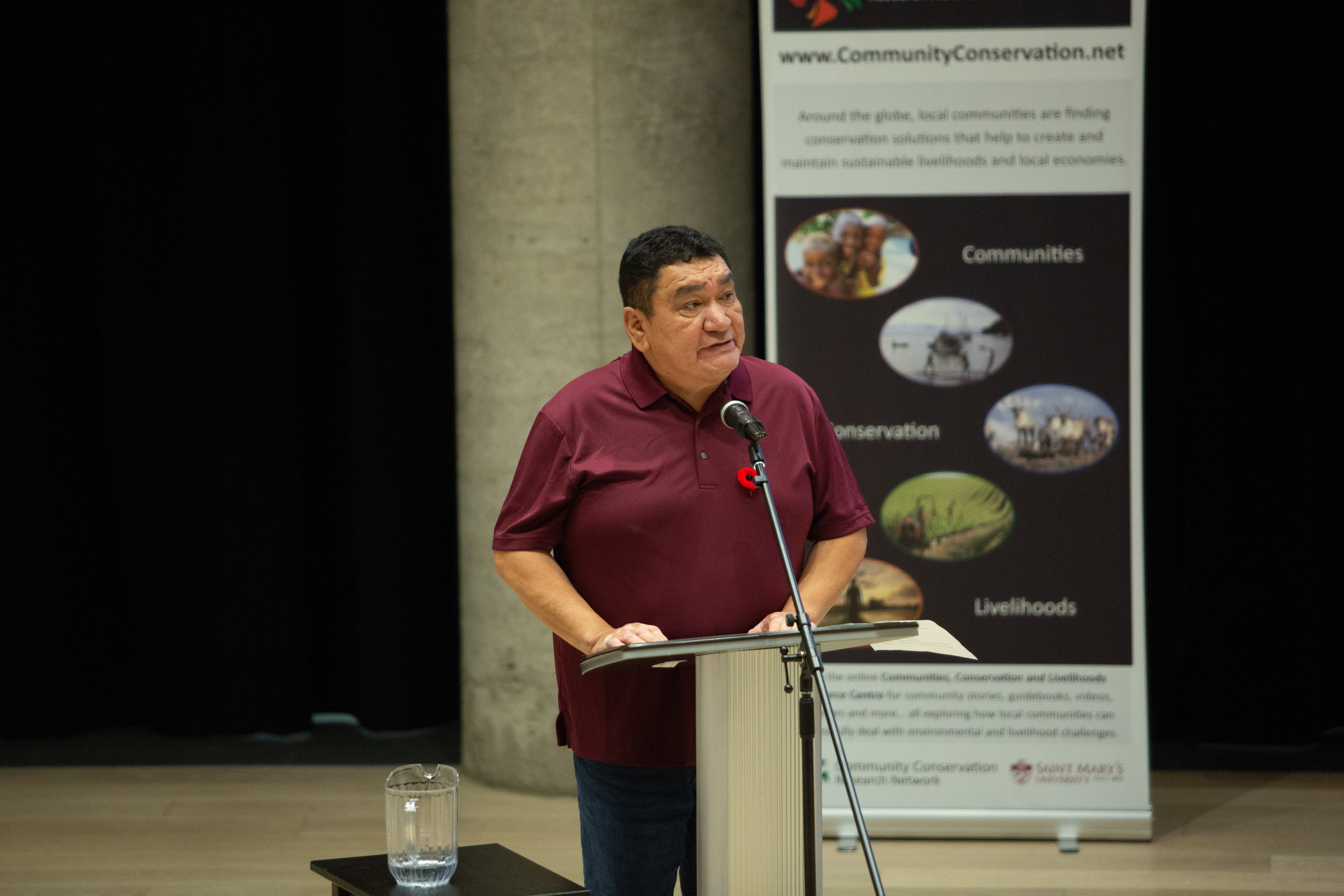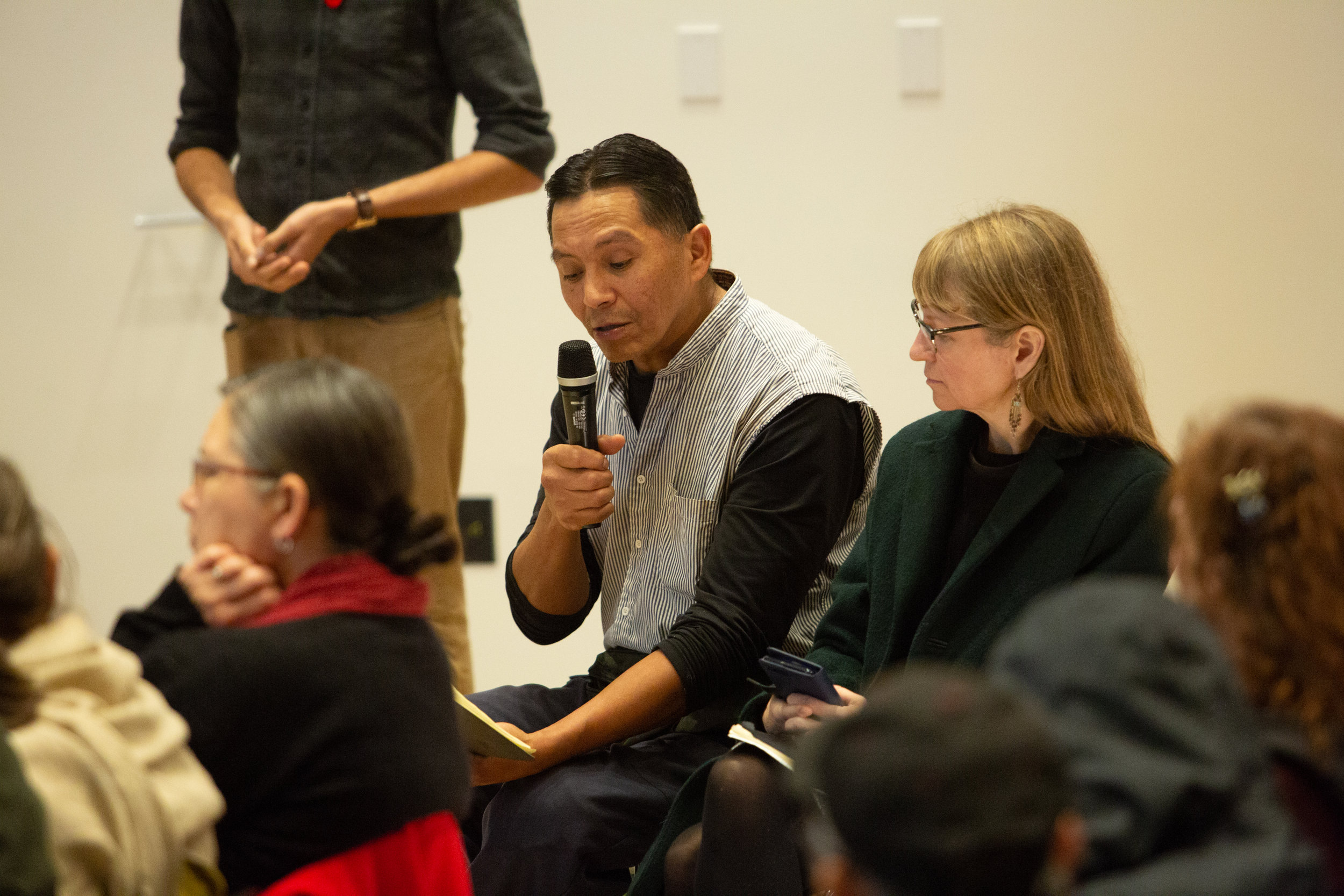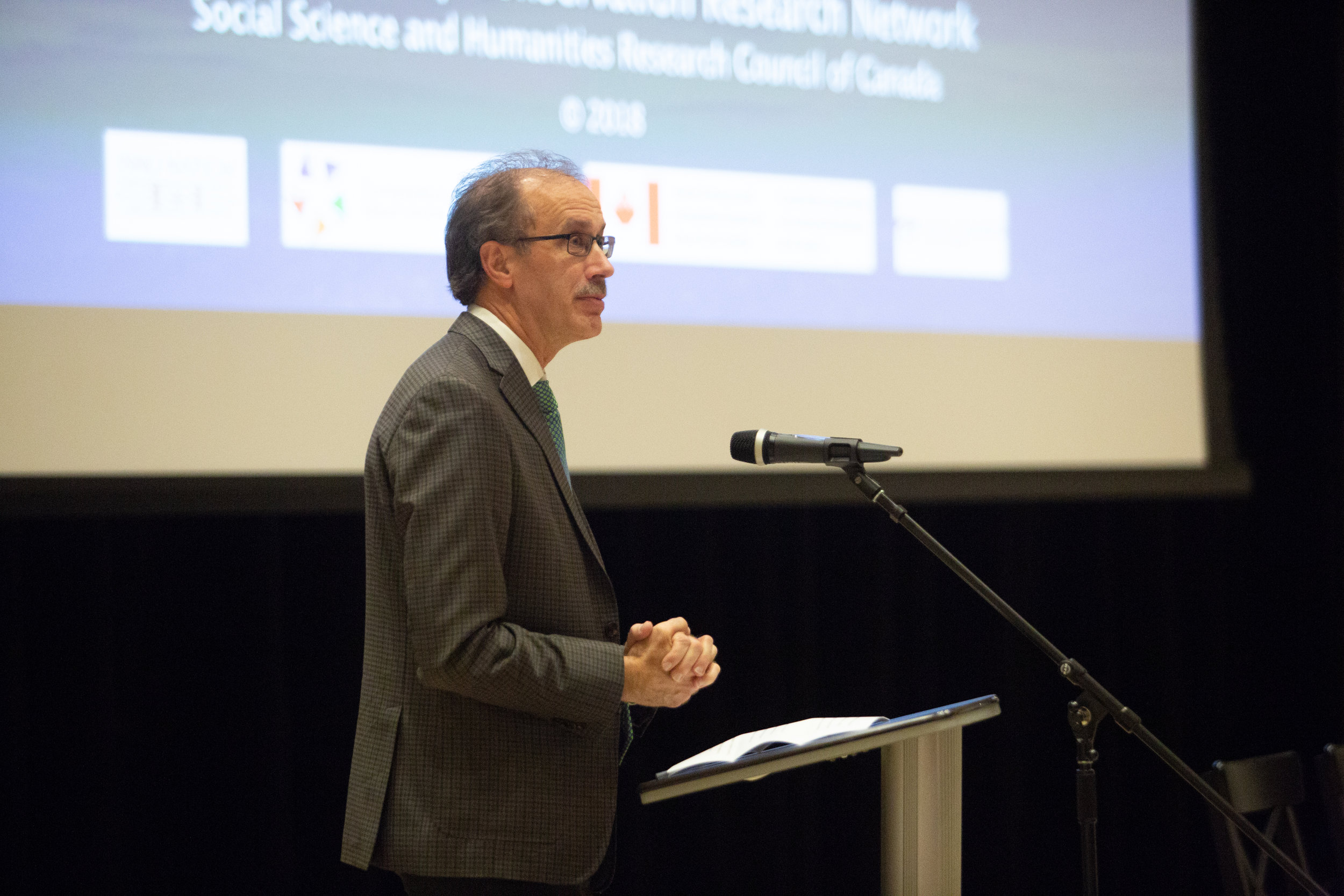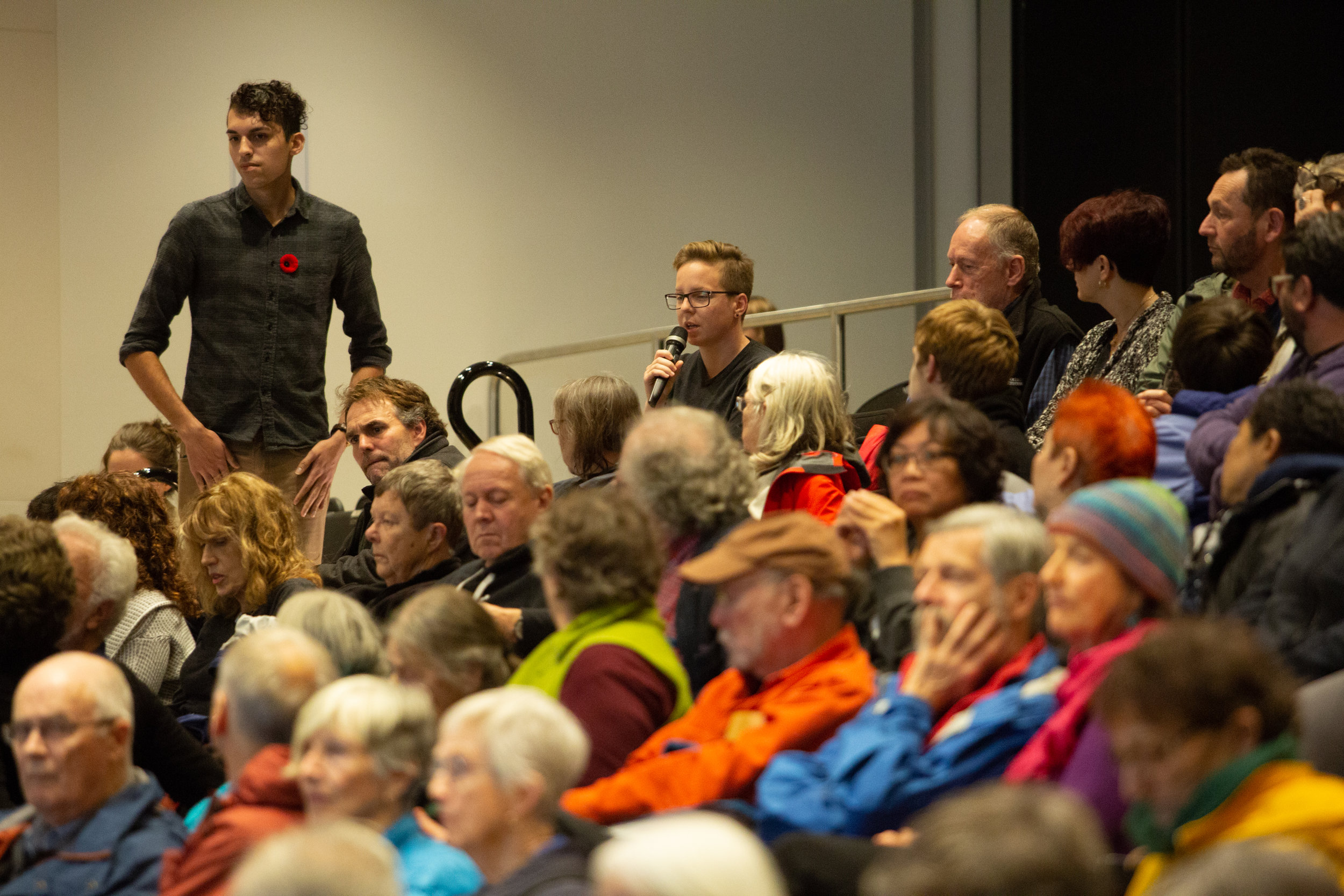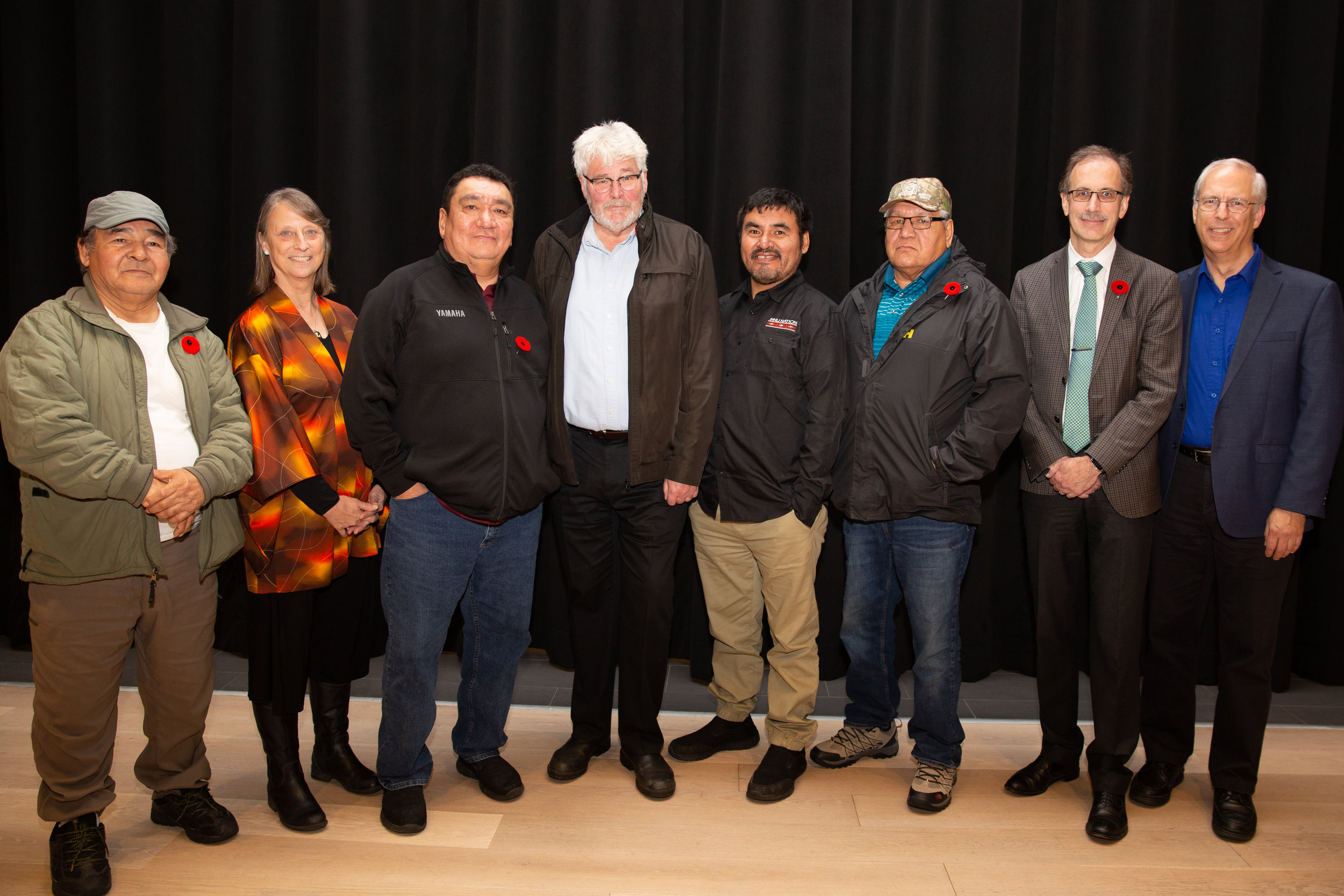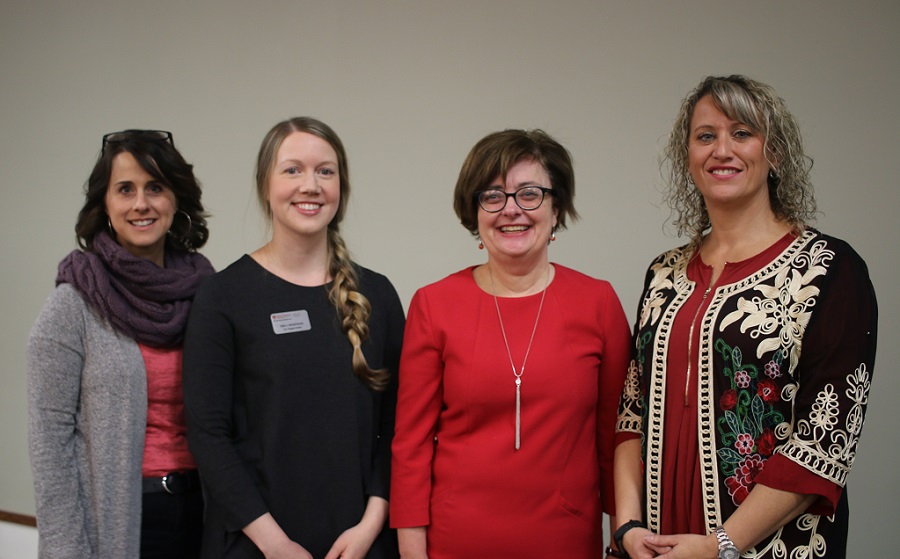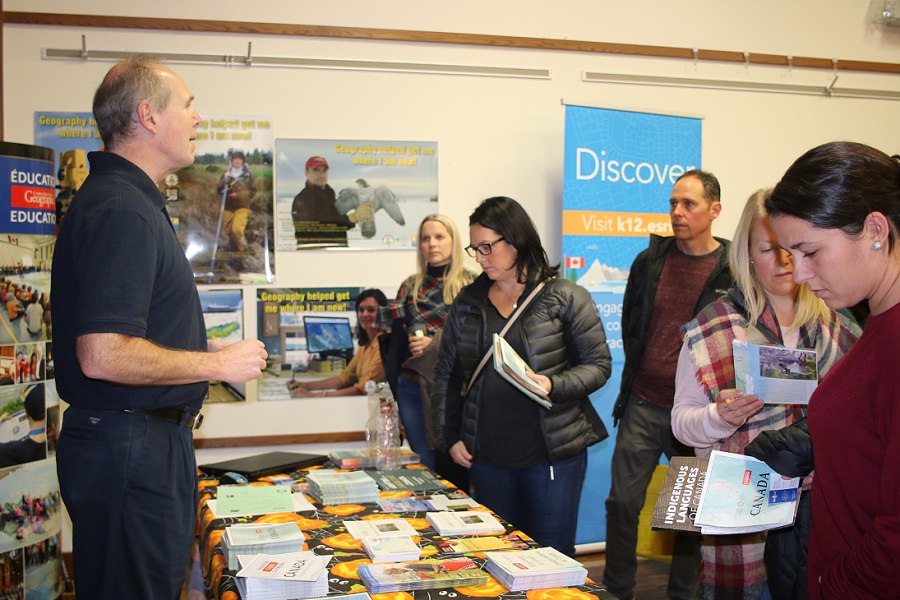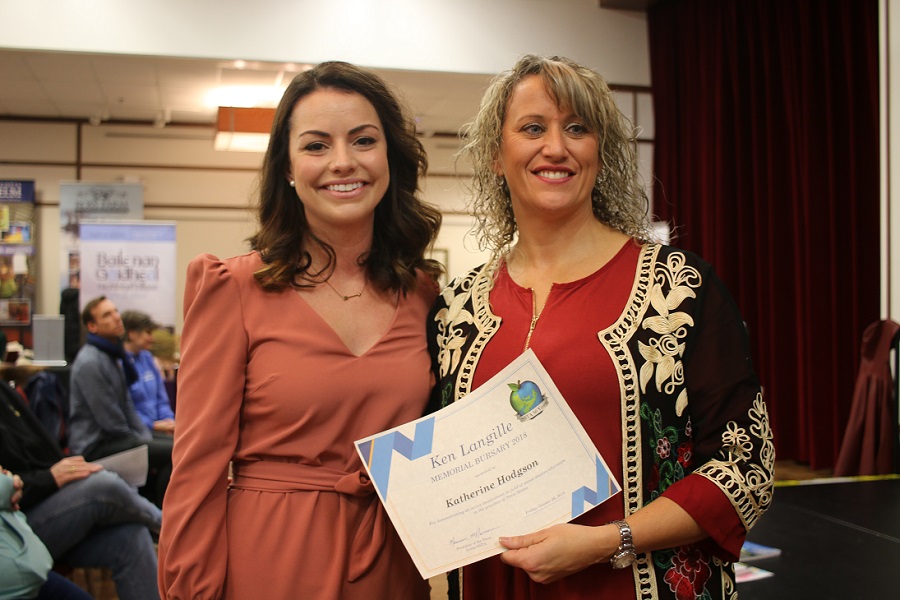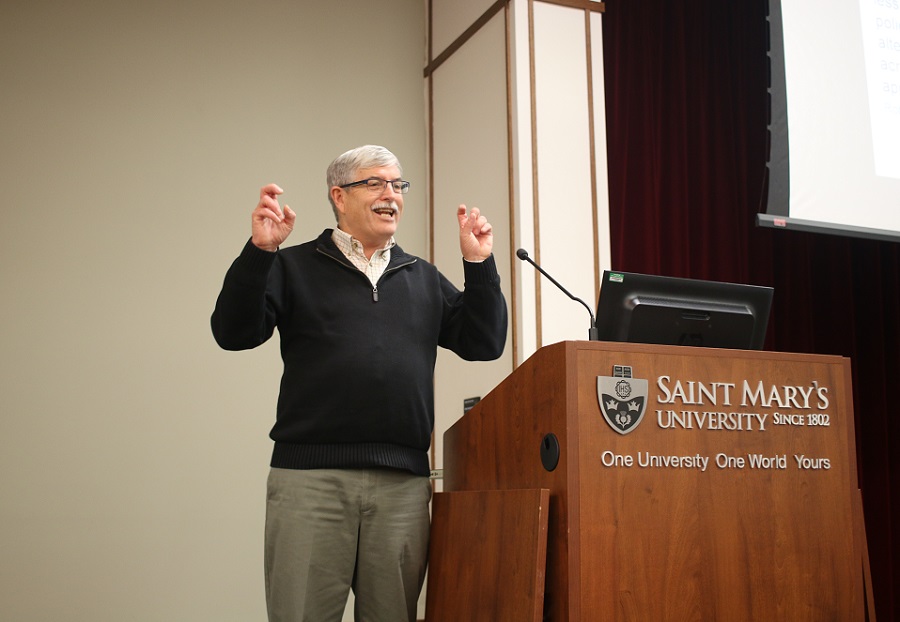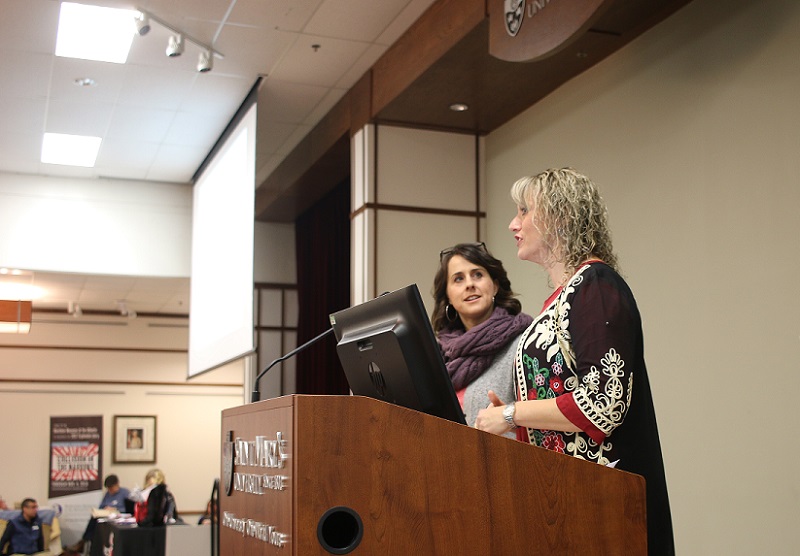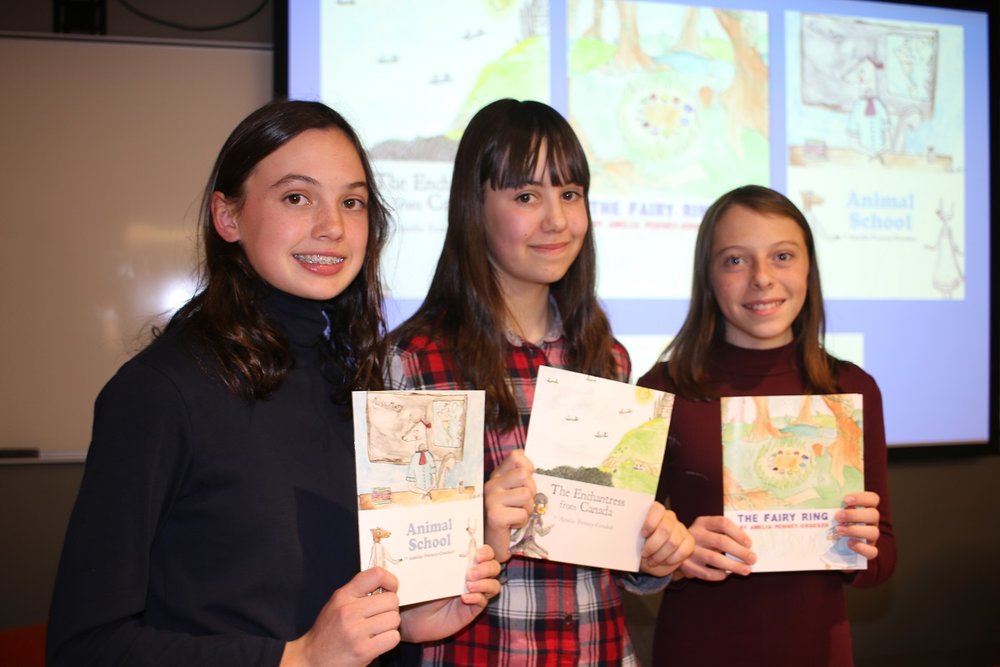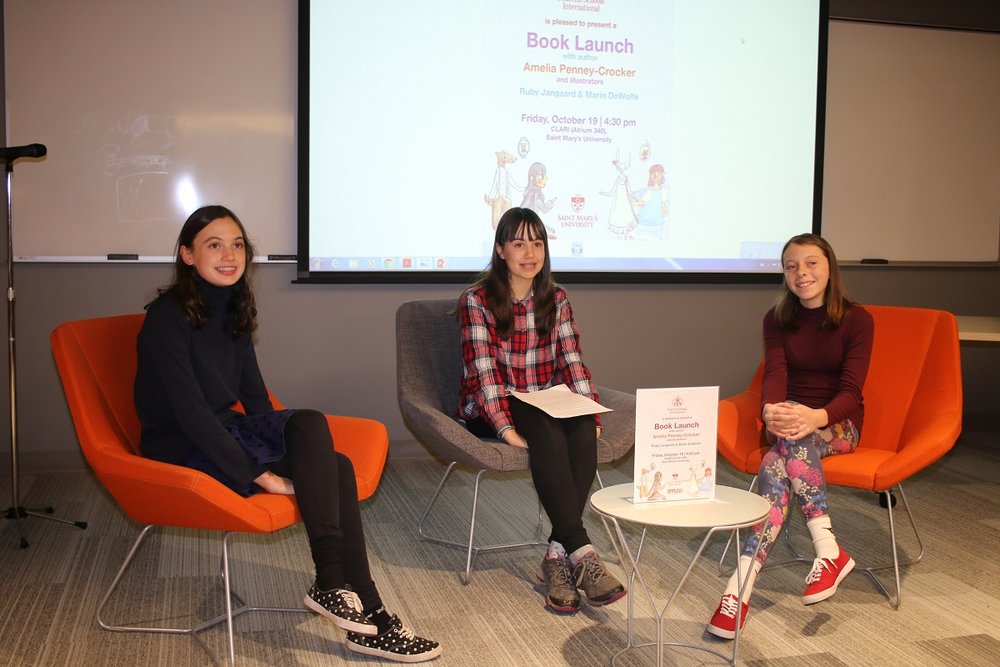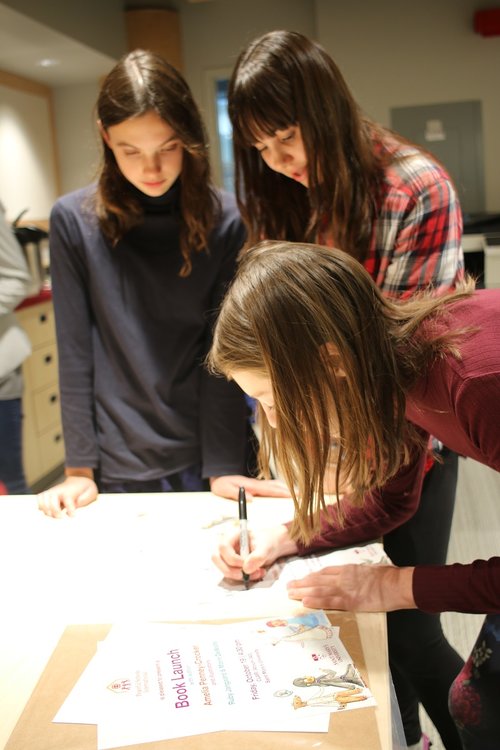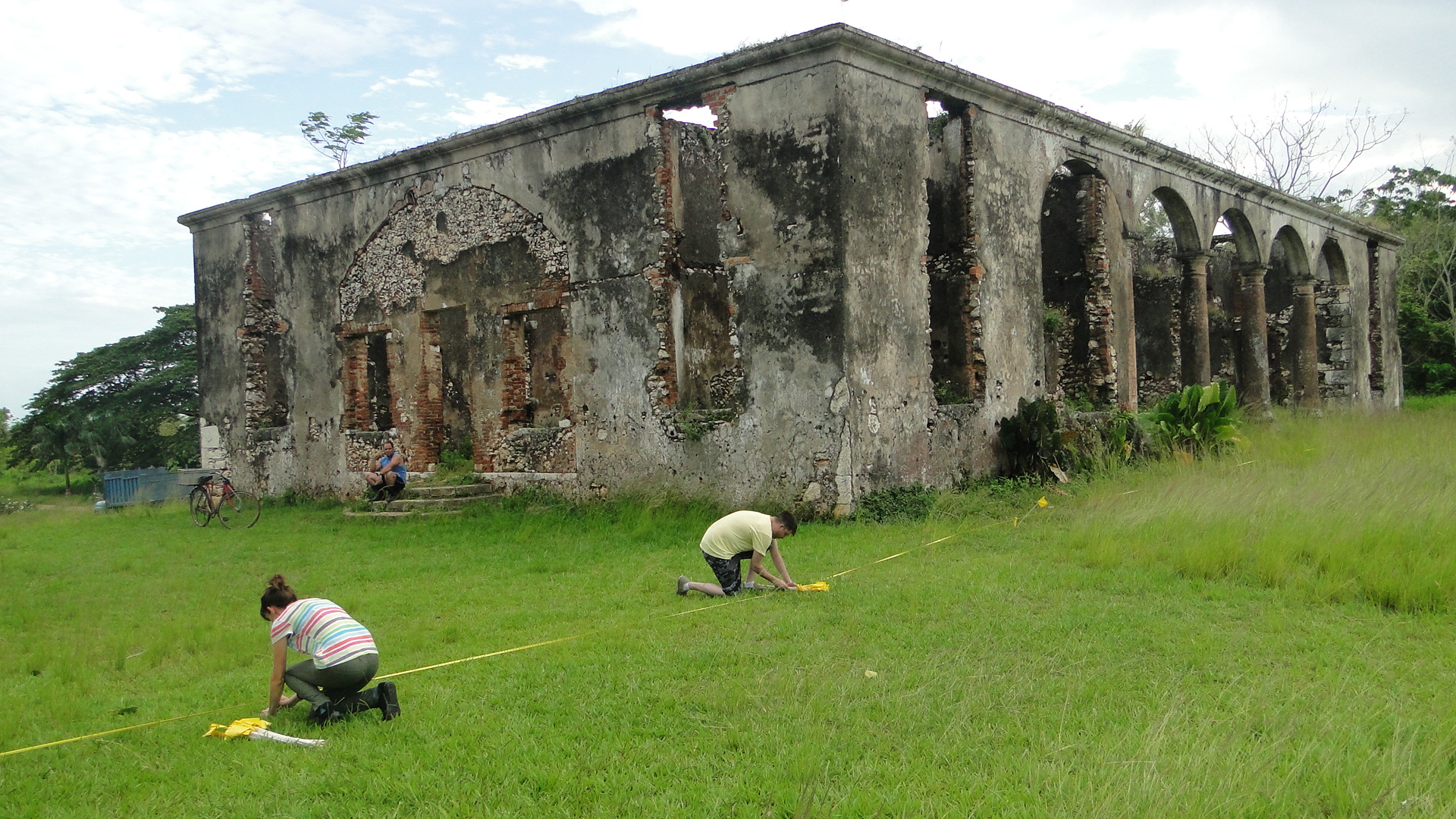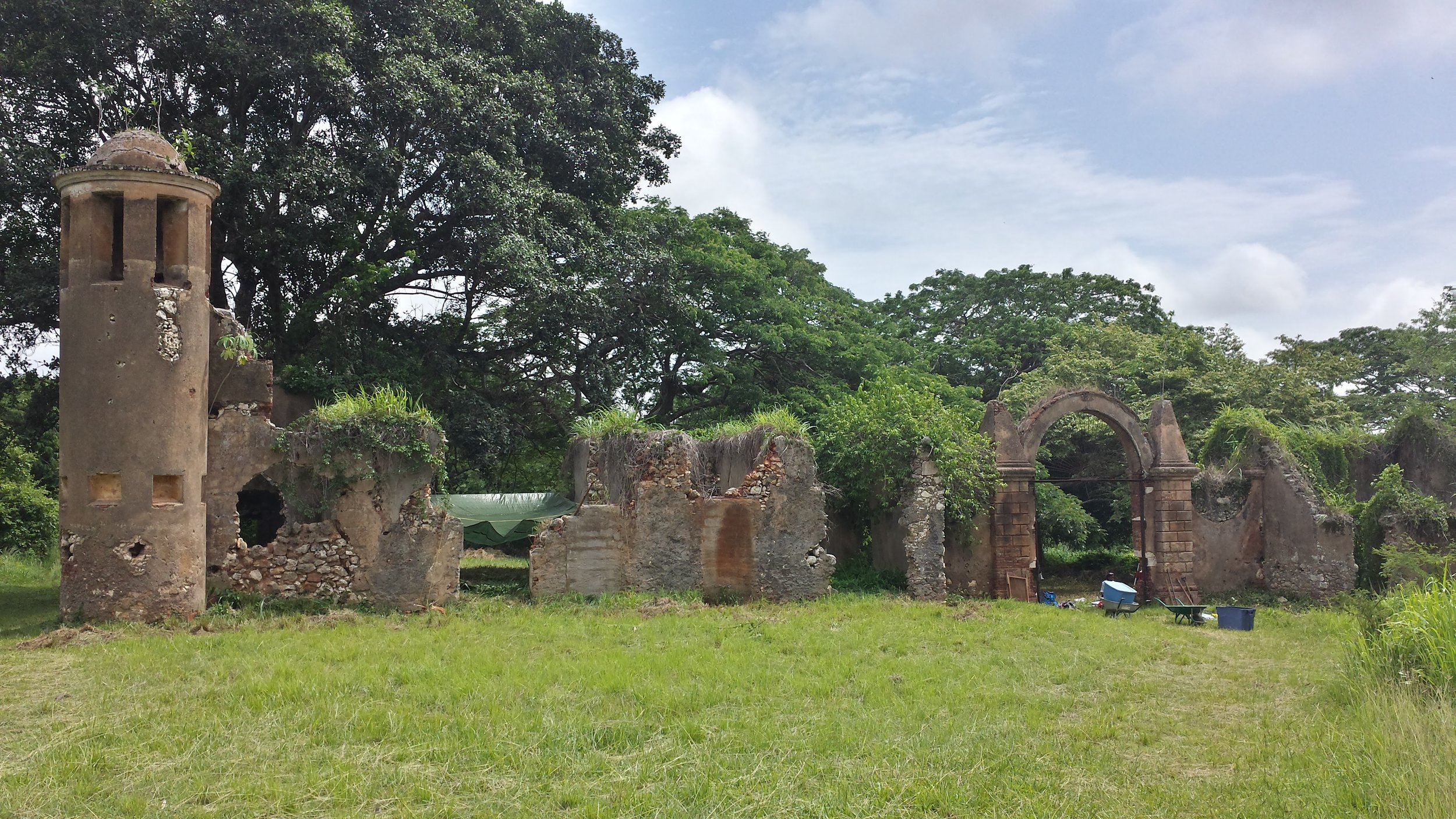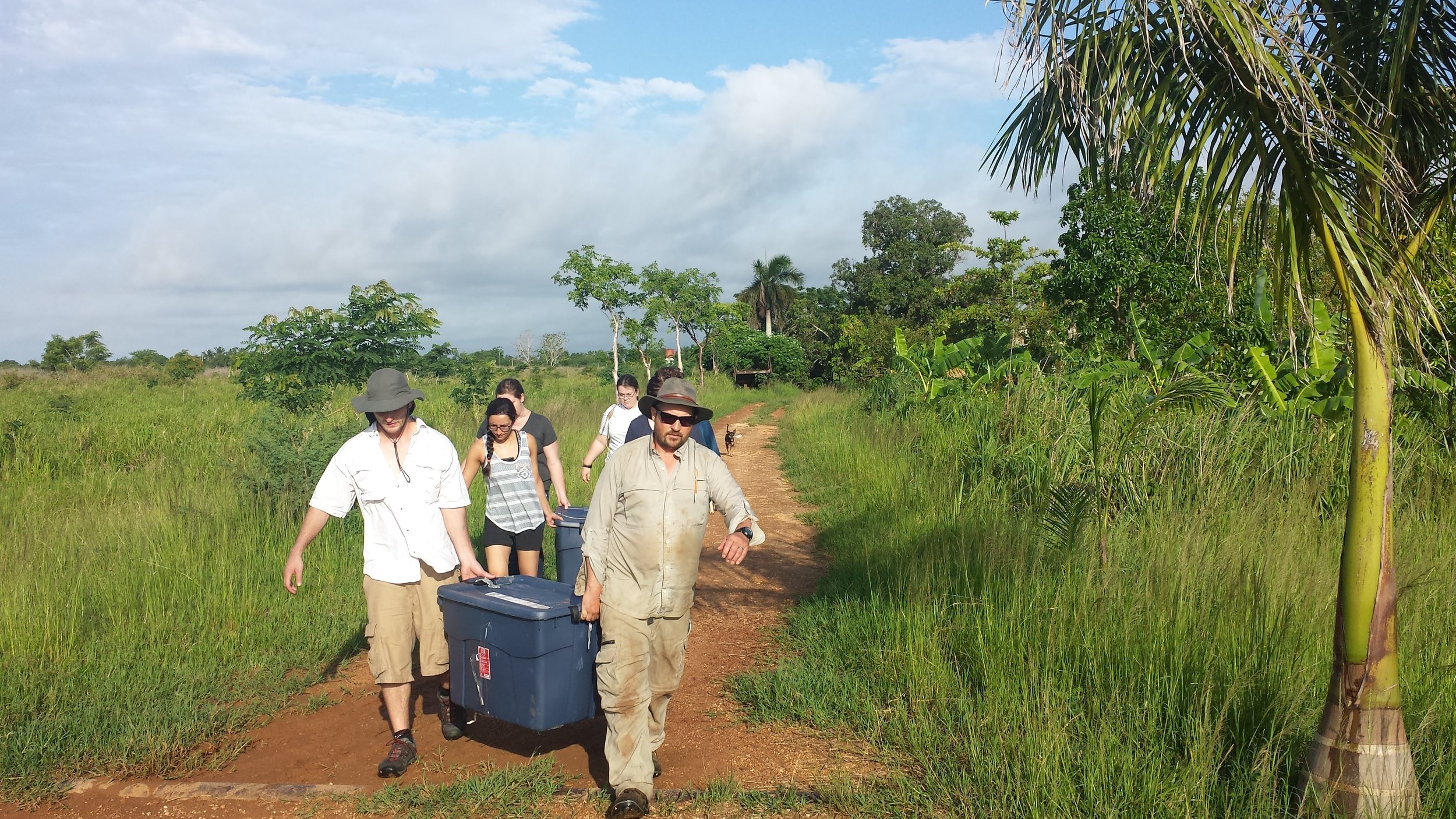Representatives from Saint Mary’s University recently participated in a conference on peace in Northern Ireland. The conference, “Twenty Years of Peace: Progress and Possibilities in Northern Ireland,” took place at Yale University on November 29 and 30.
The symposium brought together academics, community leaders, politicians and architects of the Belfast/Good Friday Agreement, which in 1998 marked a formal end to the conflict in Northern Ireland.
“Our Northern Ireland Peace Education Program has existed for 14 of the past 20 years since the Good Friday Agreement,” notes Bridget Brownlow, SMU’s Conflict Resolution Advisor and President of Peaceful Schools International.
She and Dr. Robert Summerby-Murray, President and Vice-Chancellor of Saint Mary’s, attended as invited discussants at the symposium on Yale’s campus in New Haven, Connecticut. Dr. Summerby-Murray’s academic research and teaching interests include cultural and historical geography in Northern Ireland; and he has been a strong champion for SMU’s collaboration with Peaceful Schools International, as well as experiential learning and global engagement.
Brownlow, who recently received the 2018 Peace Medal from the YMCA of Greater Halifax/Dartmouth in November, was also part of a public panel session. Her session at the Yale event , “The Future(s) of Northern Ireland,” was chaired by Dr. Richard N. Hasse, an American diplomat long involved in efforts toward Northern Ireland’s peace process.
Participants included Simon Coveney, Tánaiste (deputy head) of the government of Ireland; Karen Bradley, British MP and Secretary of State for Northern Ireland; General John de Chastelain, a member of the International Advisory Board for Peaceful Schools International; and others.
“My role was to speak to the unique and progressive nature of our peace education programming, whereby we are sharing the same peace education resources locally as we are with children in Northern Ireland,” says Brownlow.
“We have 14 years of very positive relationships with educators and more than 20 primary schools in Belfast, and those relationships are as strong as ever. It’s not unusual to hear people there say ‘the world has forgotten about us’. It’s always very reassuring that they know we at Saint Mary’s University and Peaceful Schools International have not forgotten about the people living in a post-conflict Northern Ireland.”
Saint Mary’s is also keen to continue a working relationship with researchers at Yale in relation to peace education. Brownlow and Dr. Bonnie Weir, a political science professor at Yale, are looking at ways for the two universities to collaborate.
Last month, with support from SMU and SMUSA, Peaceful Schools International launched three new storybooks written and illustrated by three Halifax junior high students. The resource books will be distributed to elementary schools in Nova Scotia and during the next SMU visit to Northern Ireland in February.
The books have generated a great deal of interest – more detail can be found in these recent media reports:
Halifax students produce books to help promote peaceful schools
(CBC Nova Scotia)·Kids books created by kids (CBC Facebook)
N.S. girl pens picture books to help other kids with conflict resolution
(CTV News Network)


